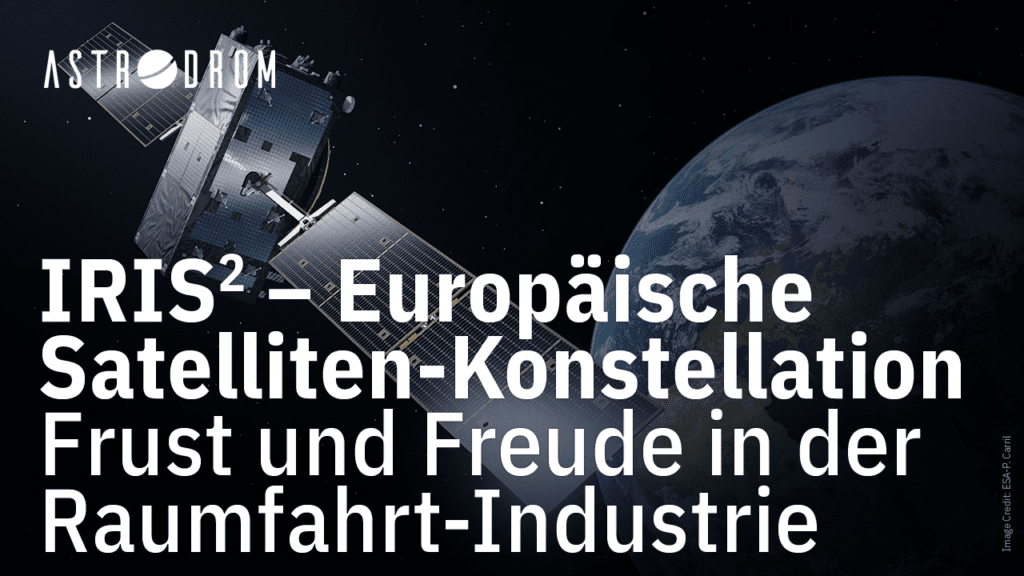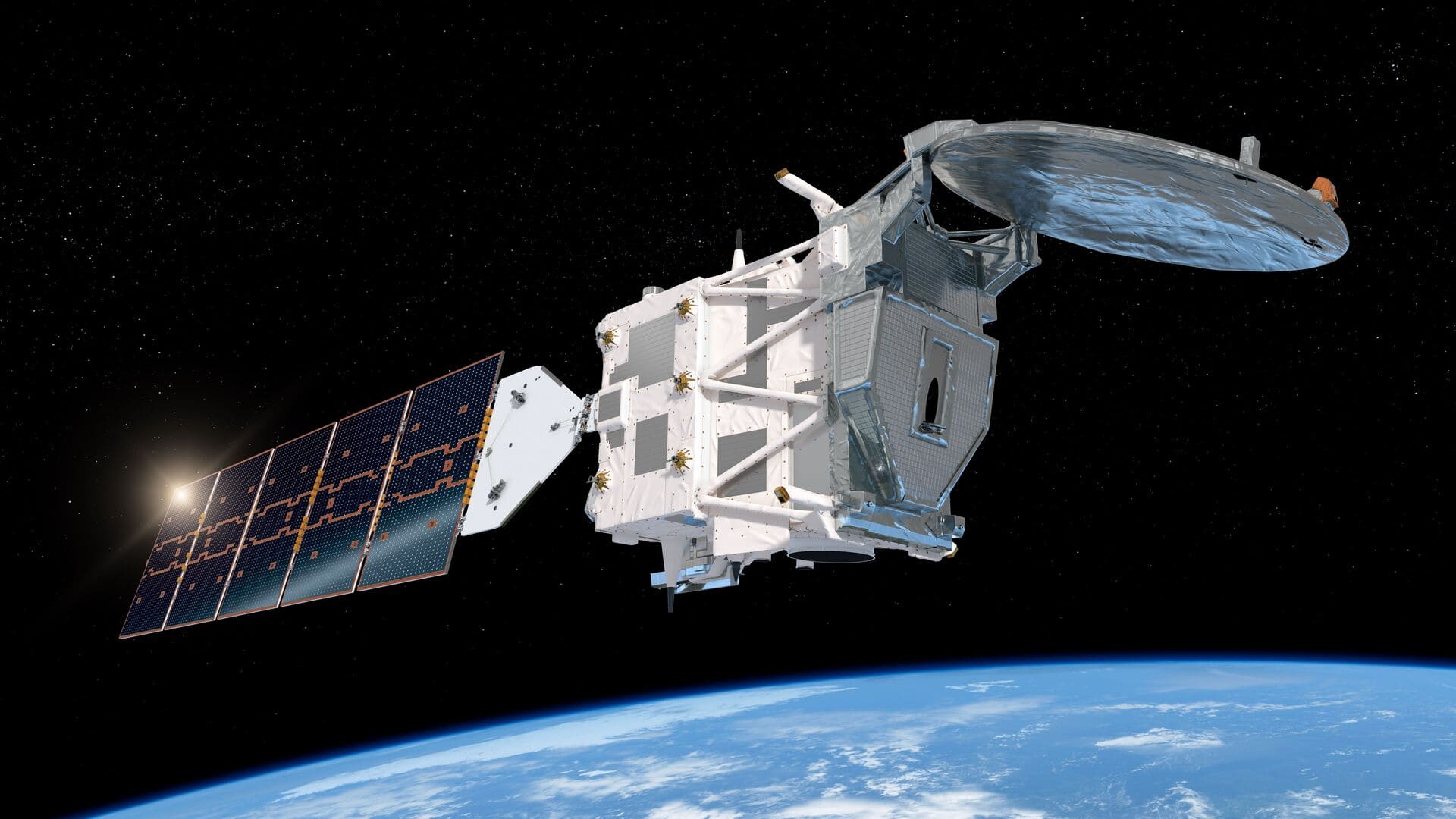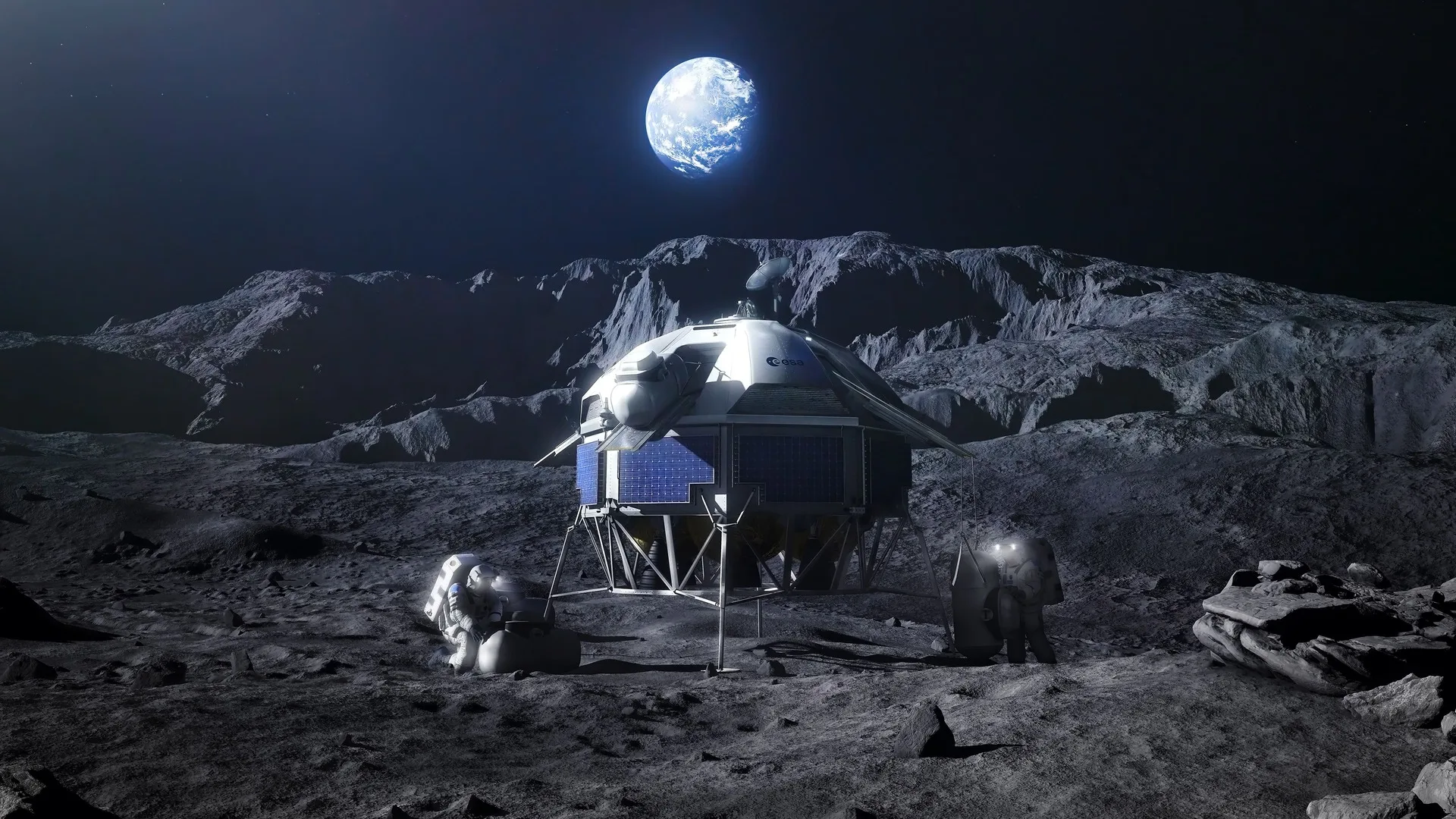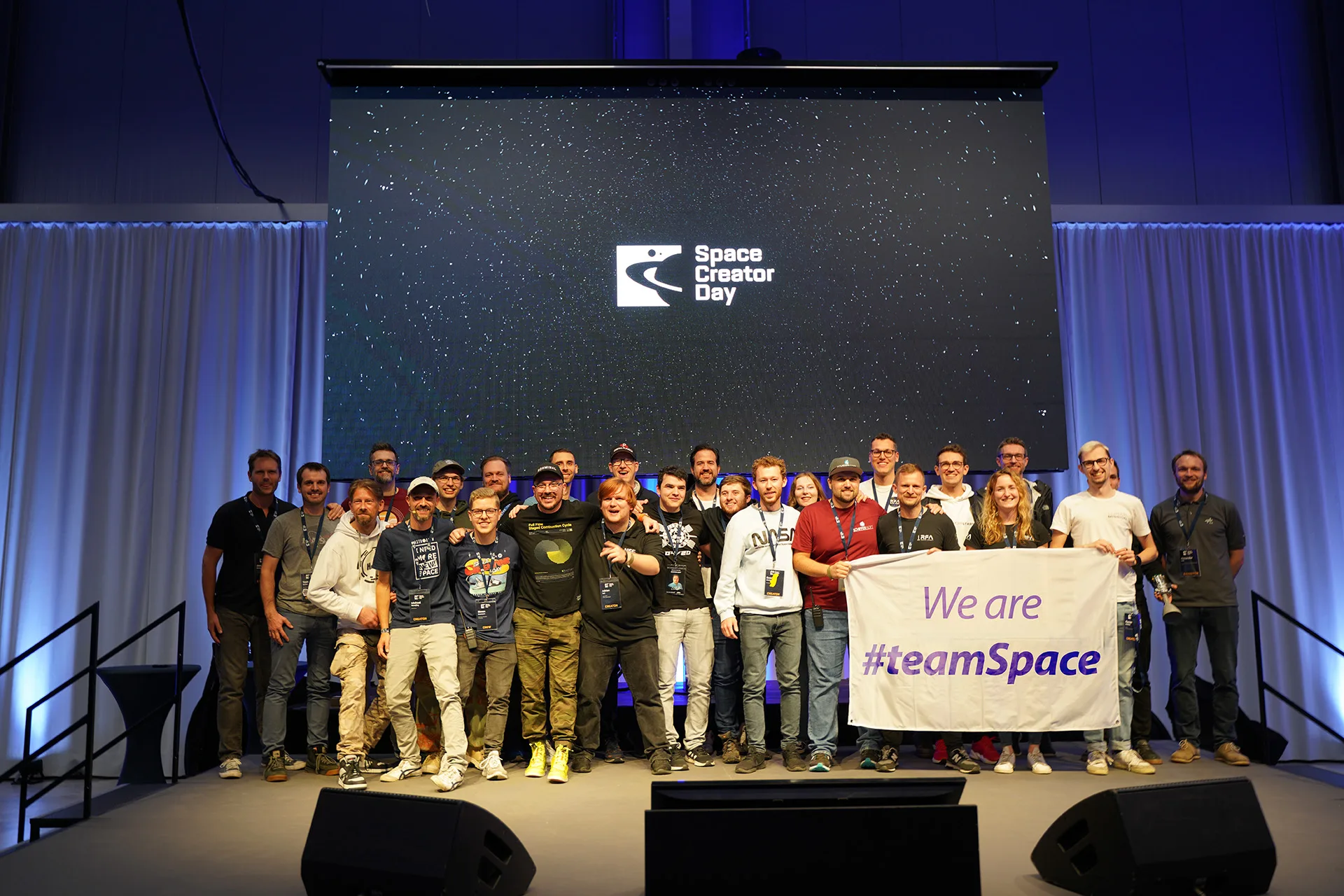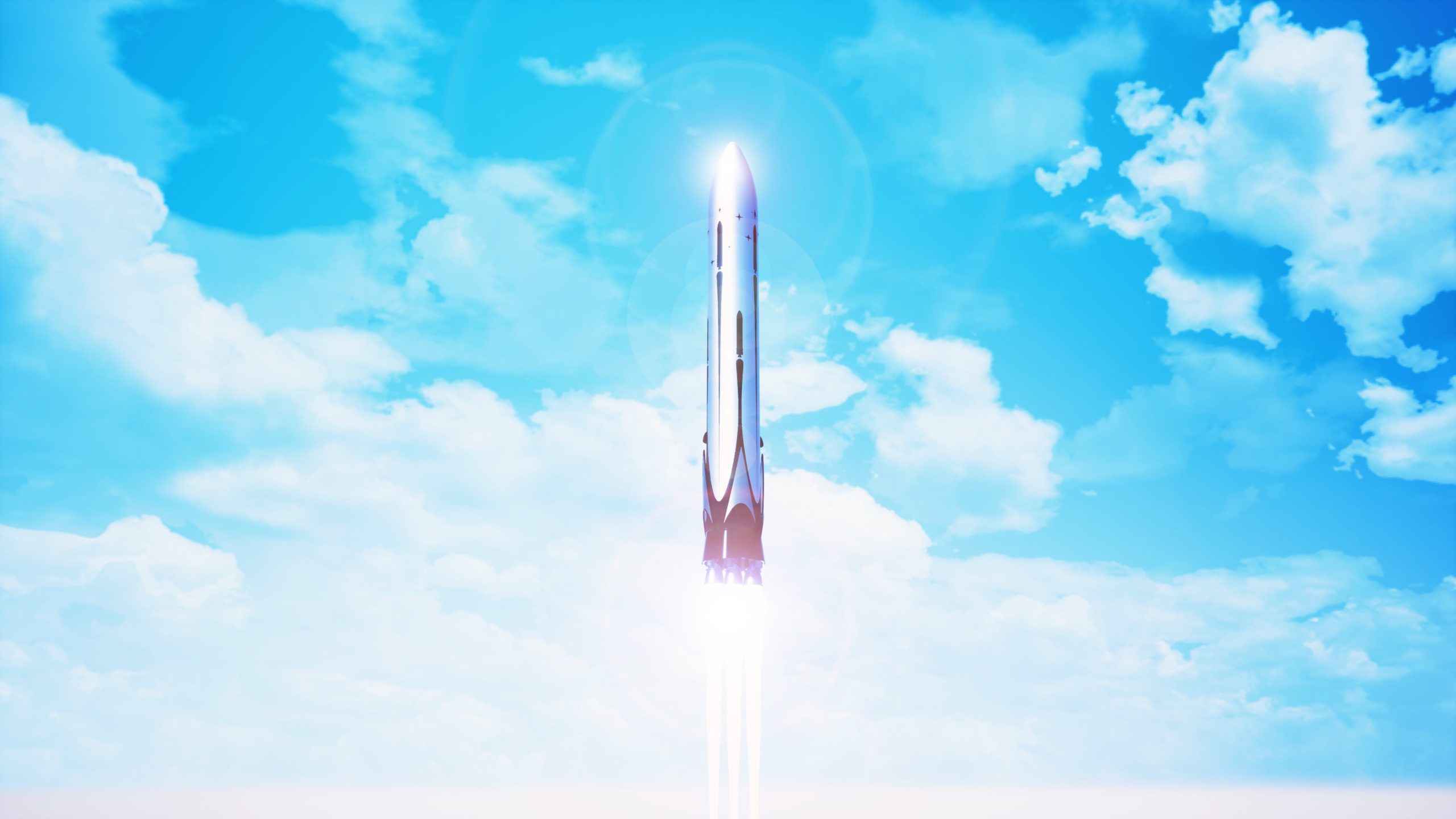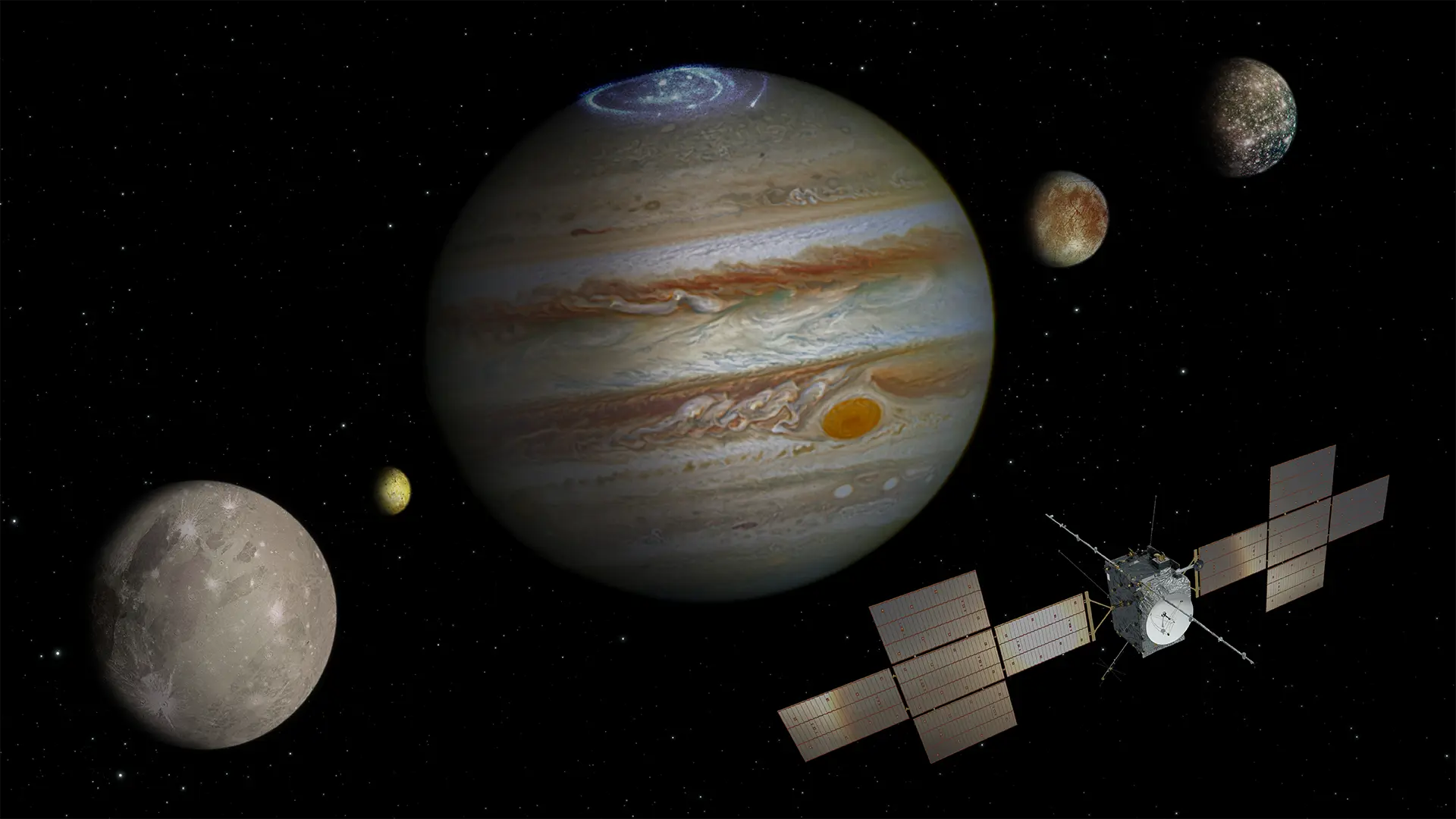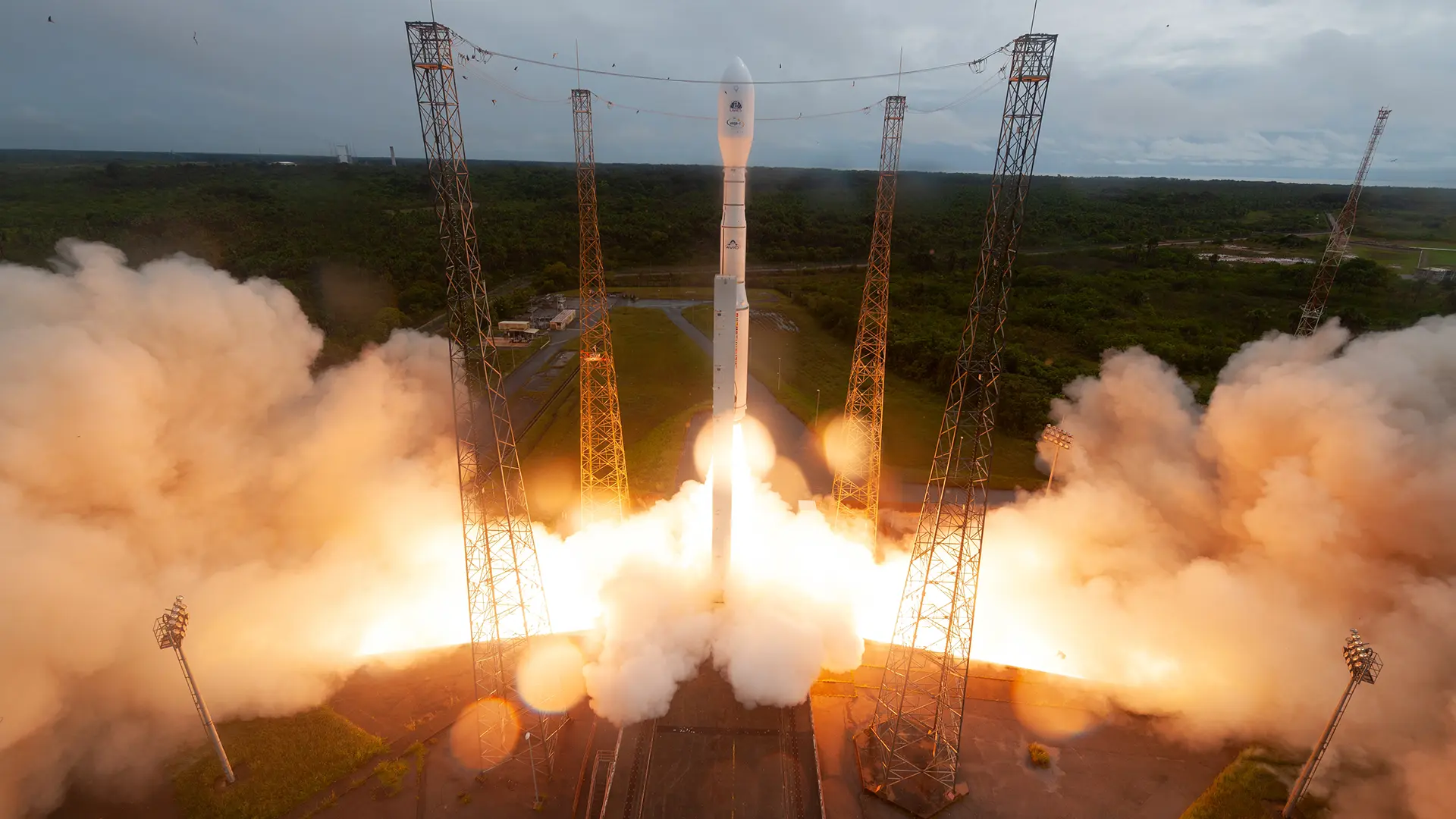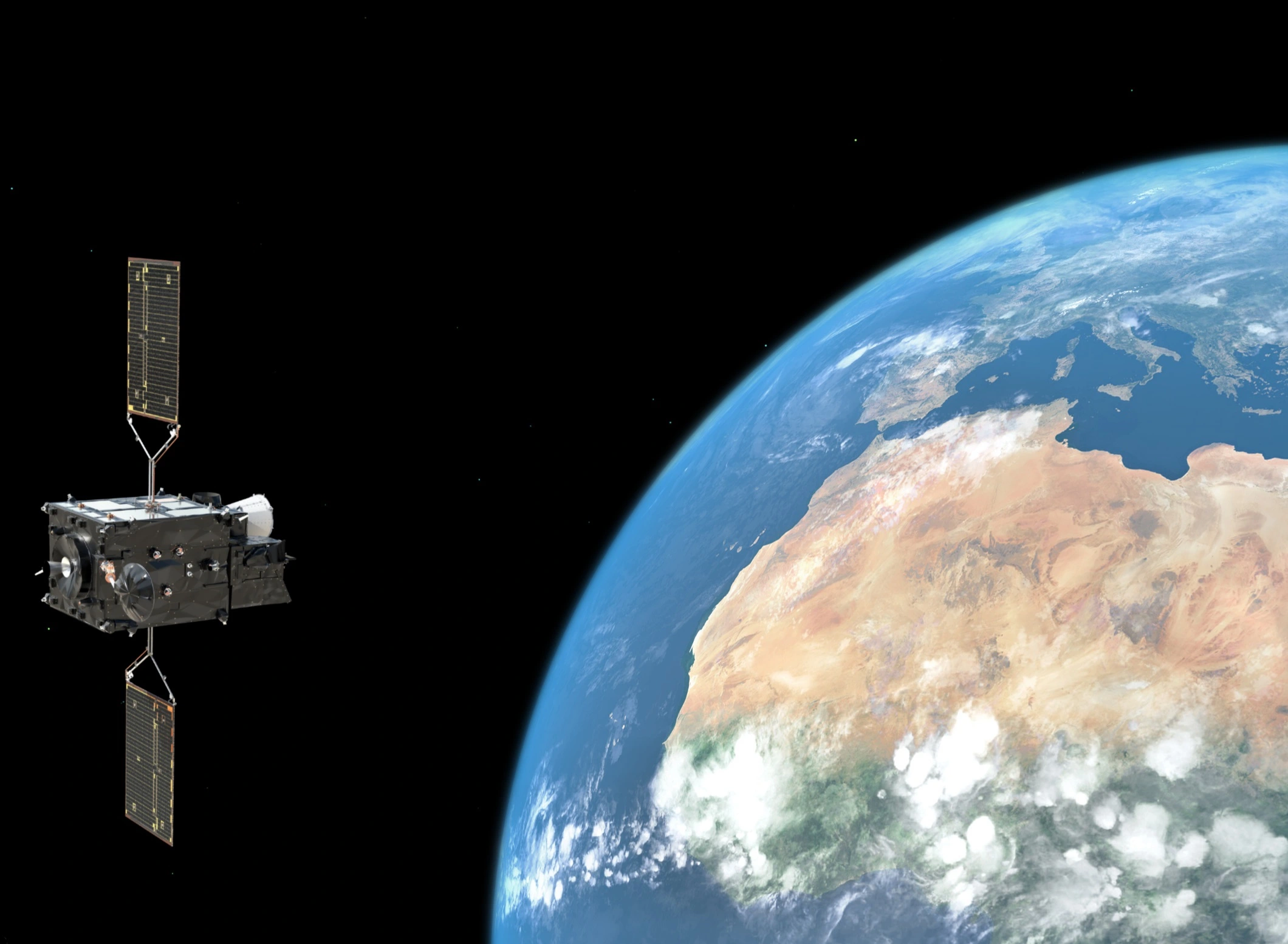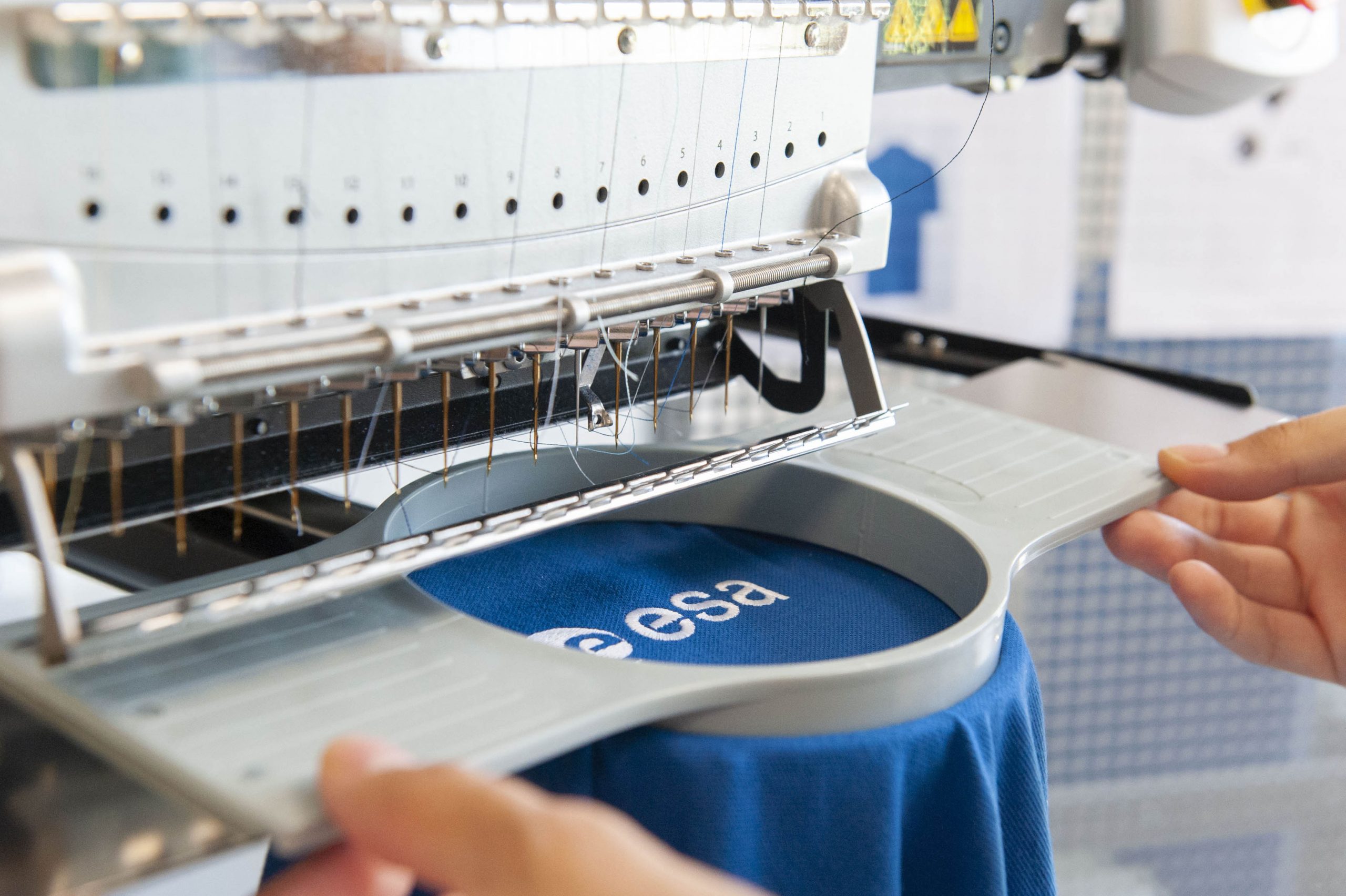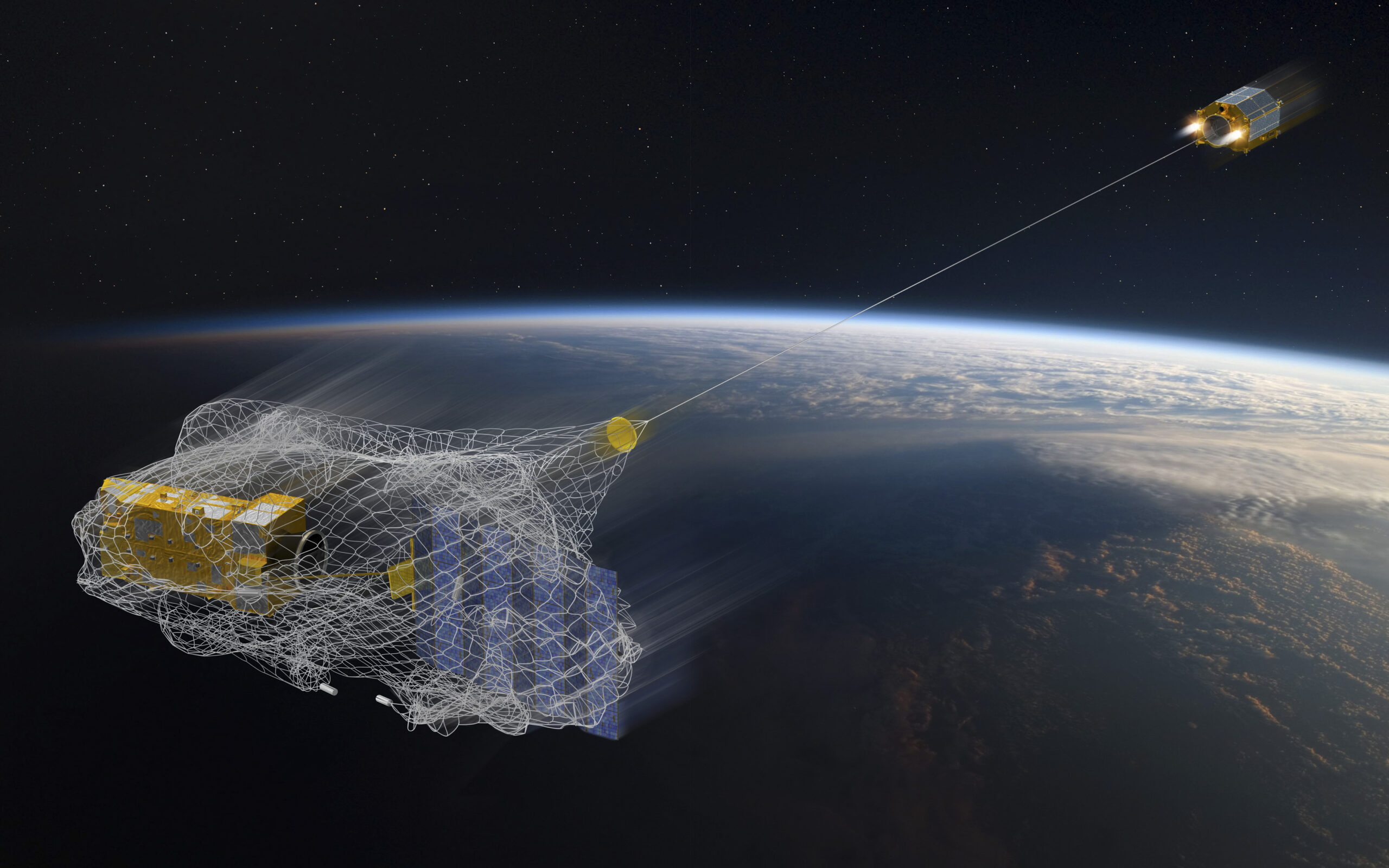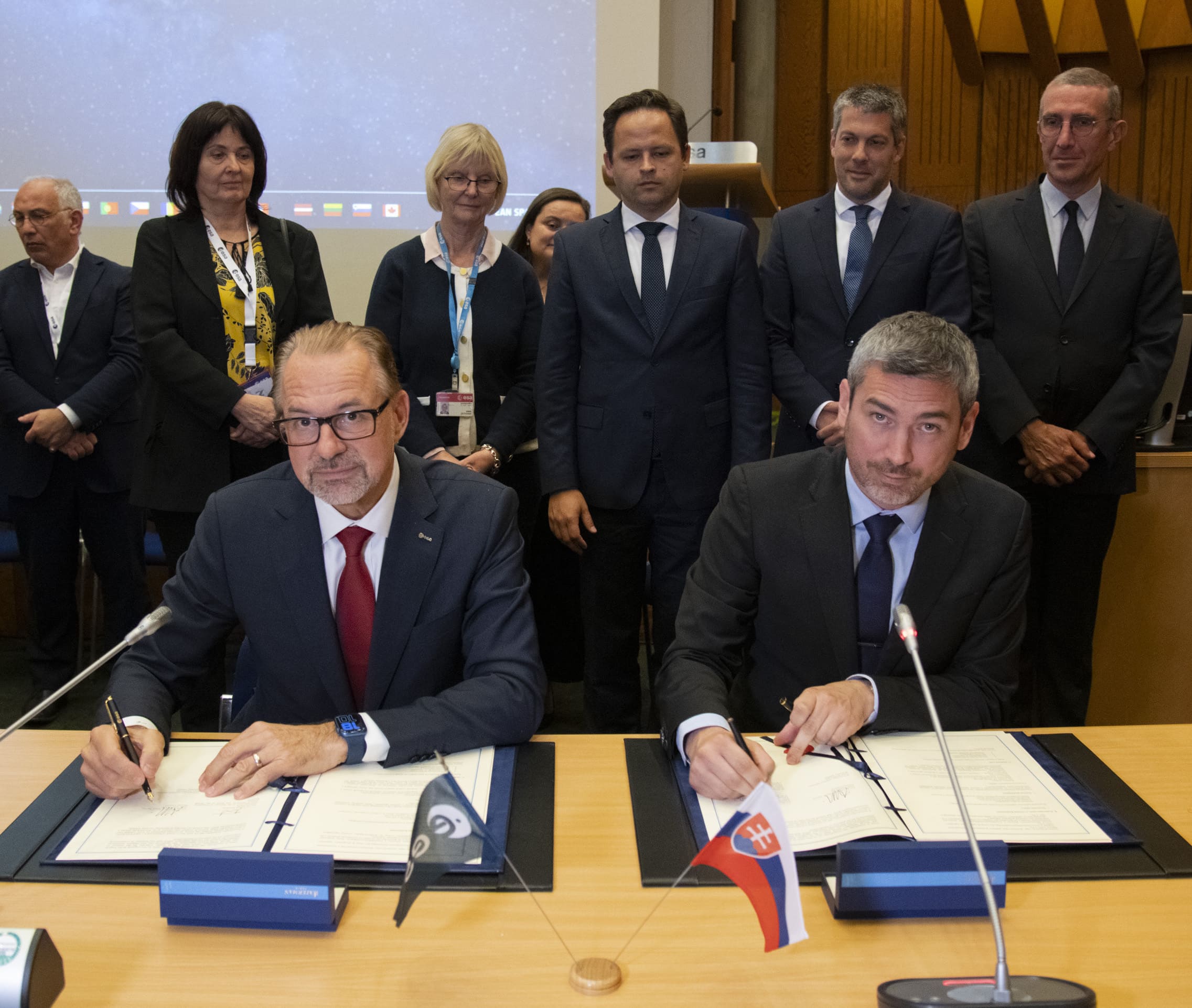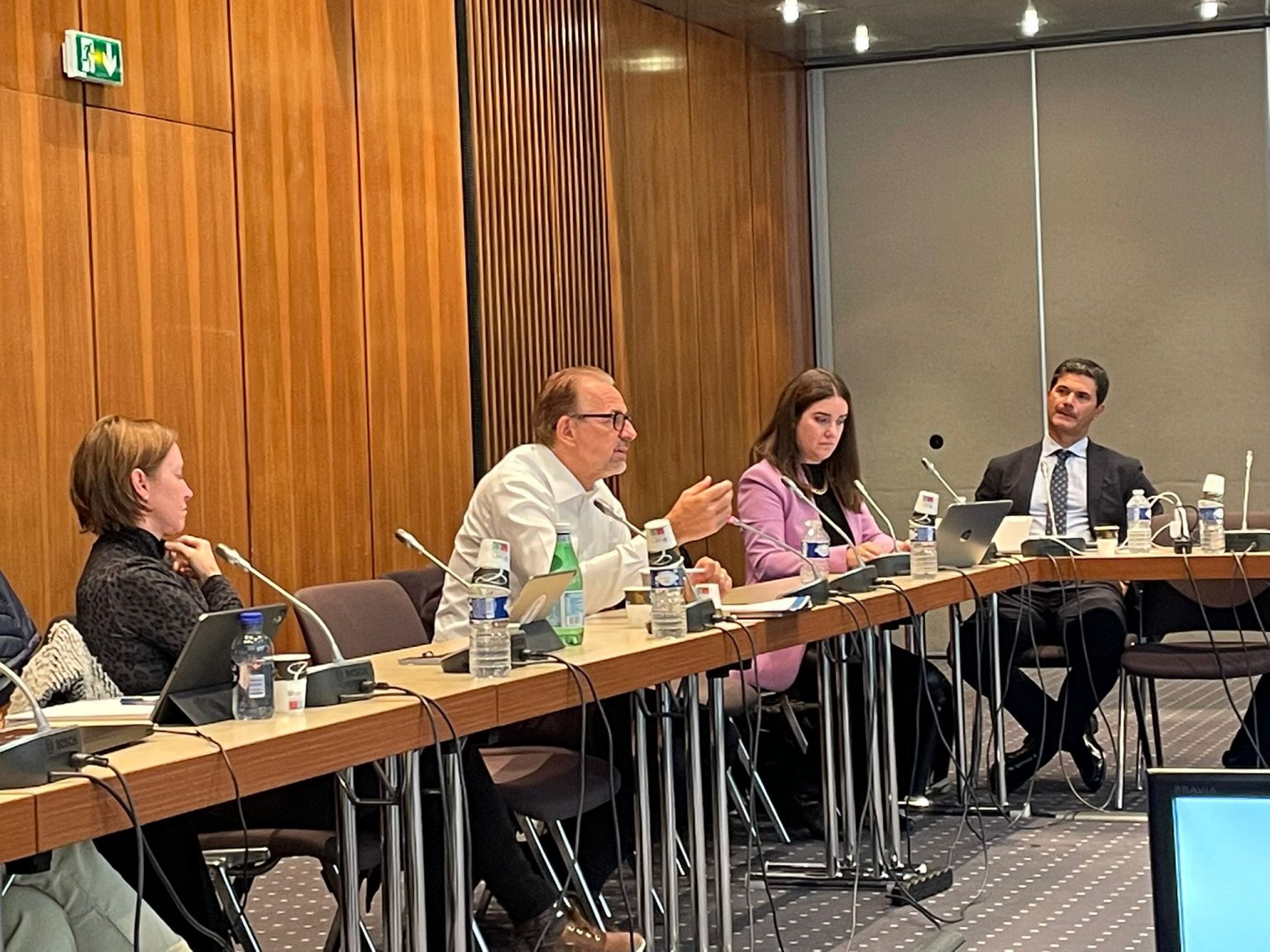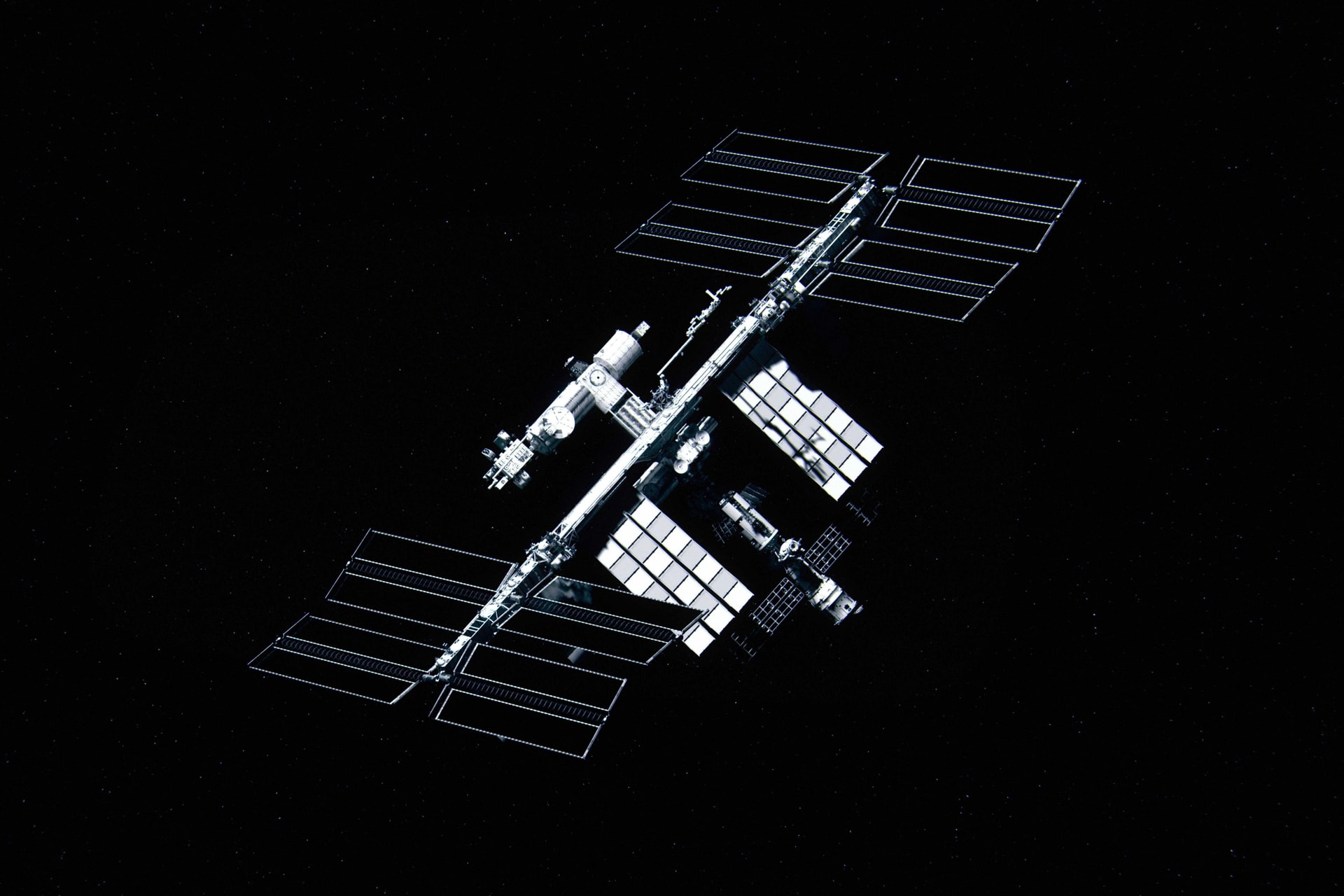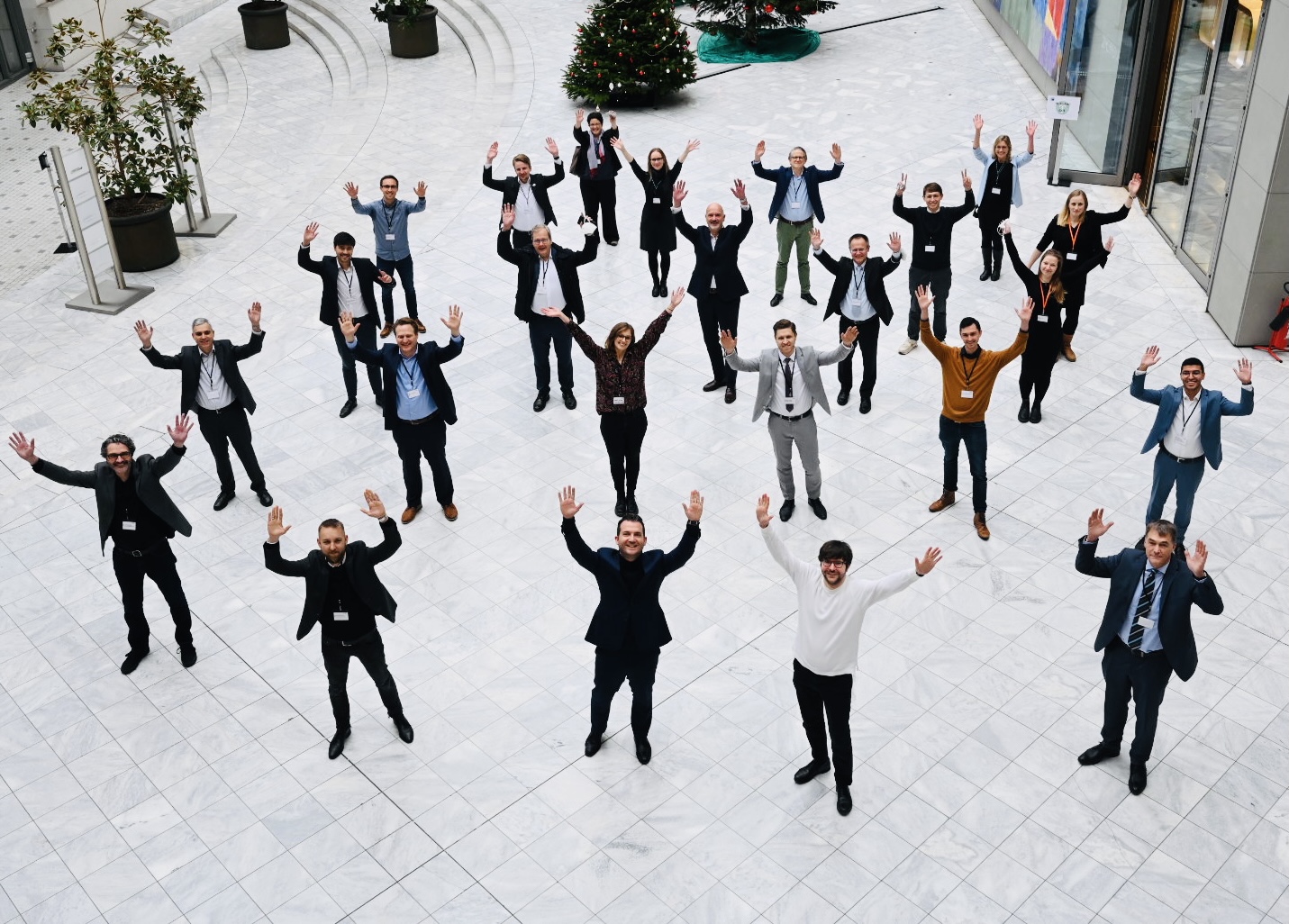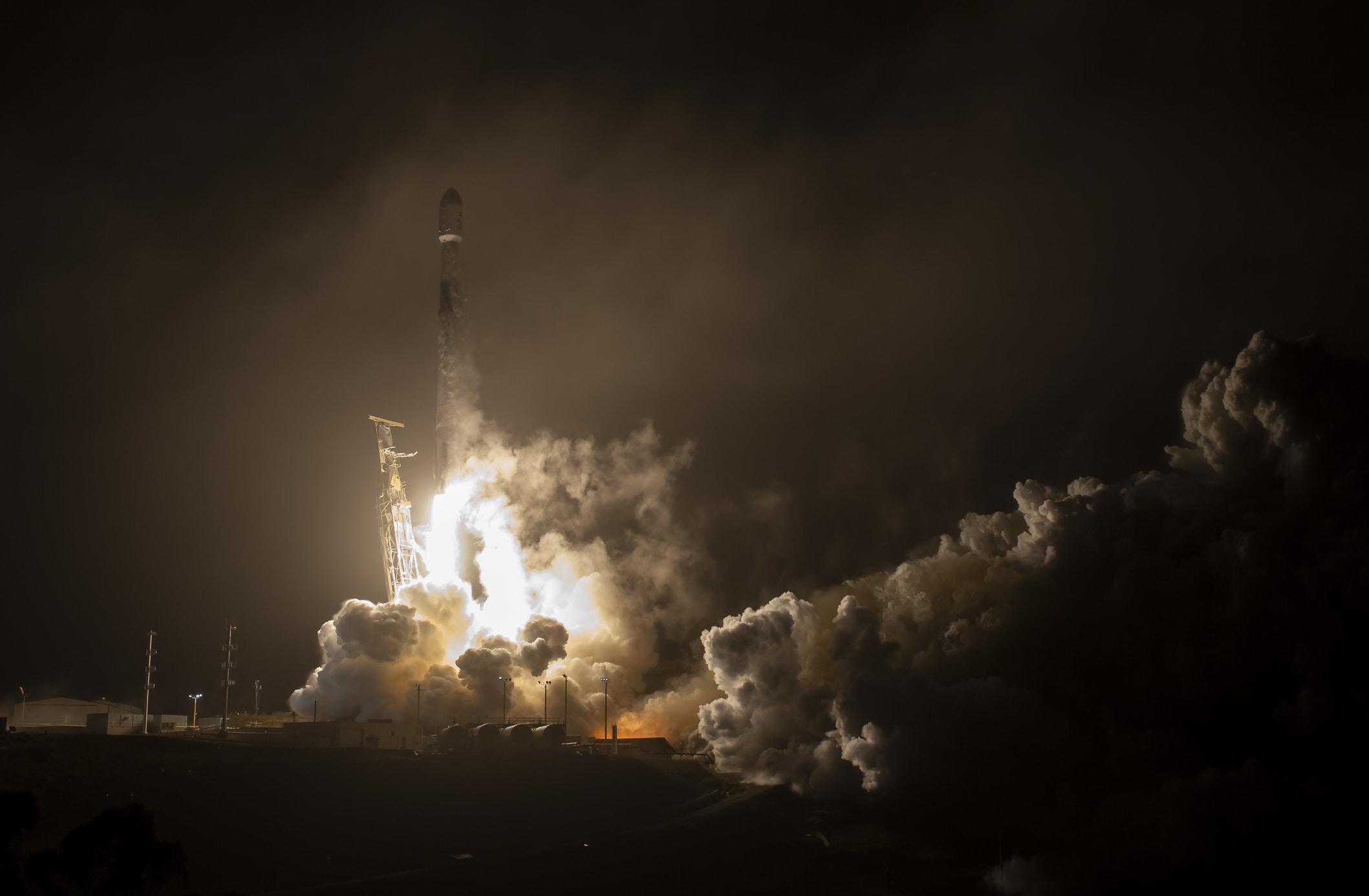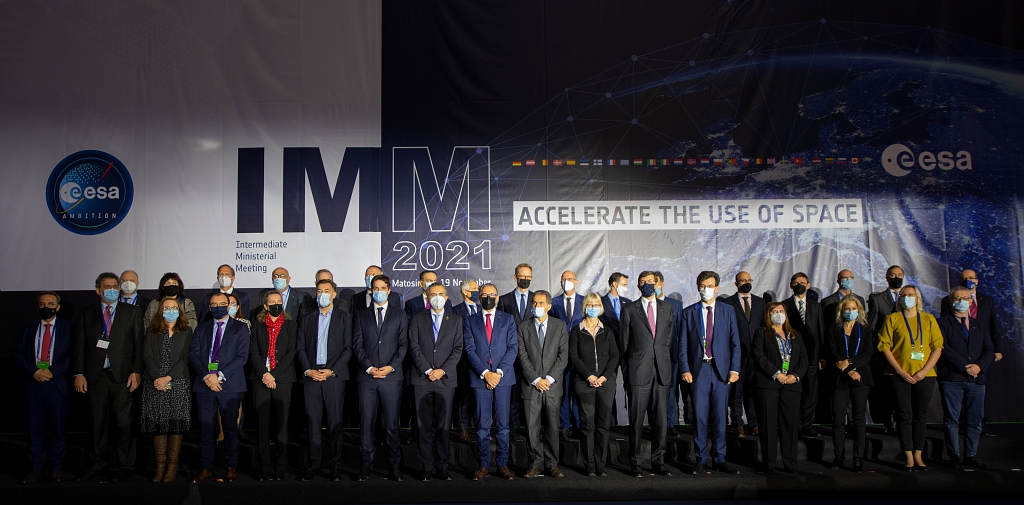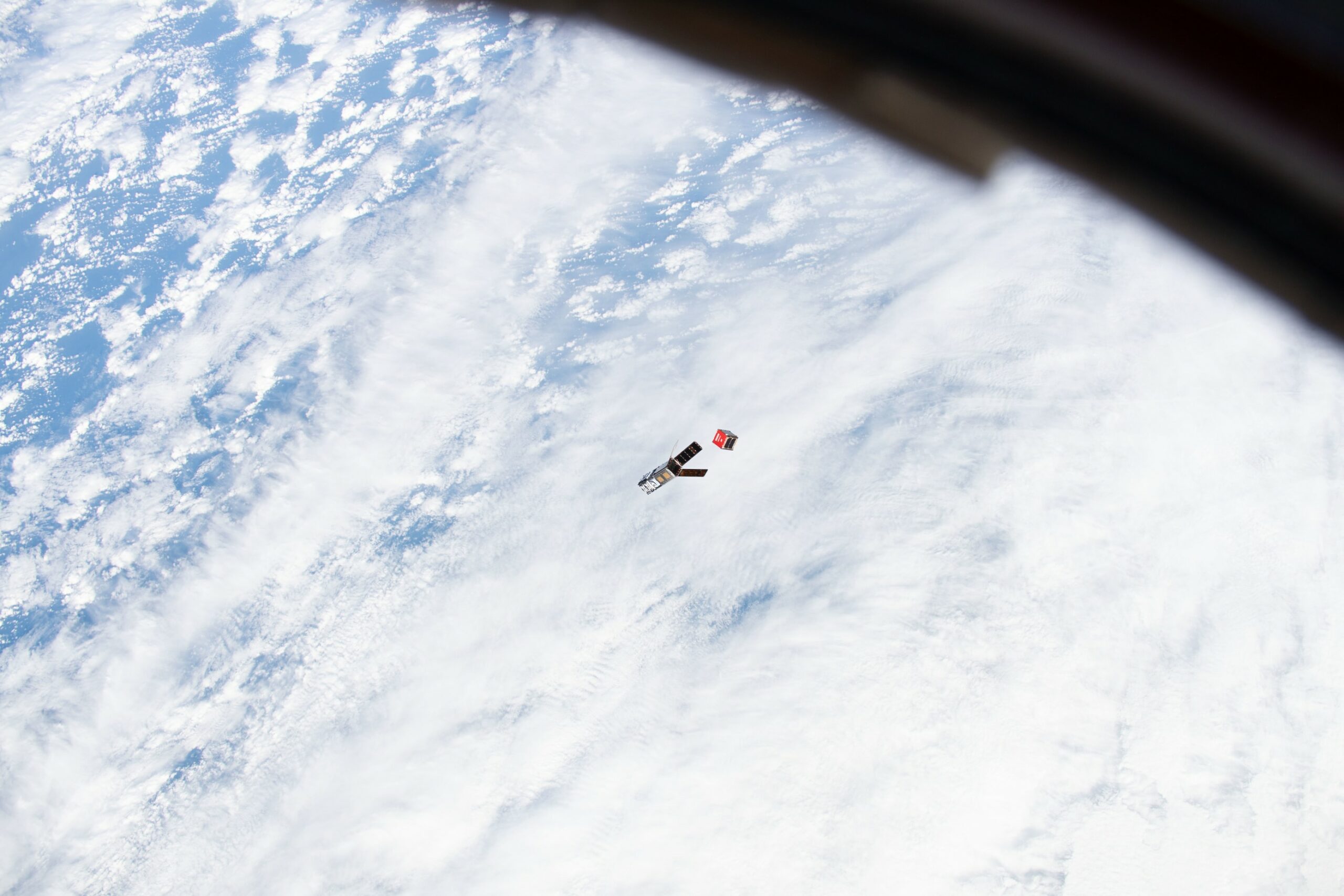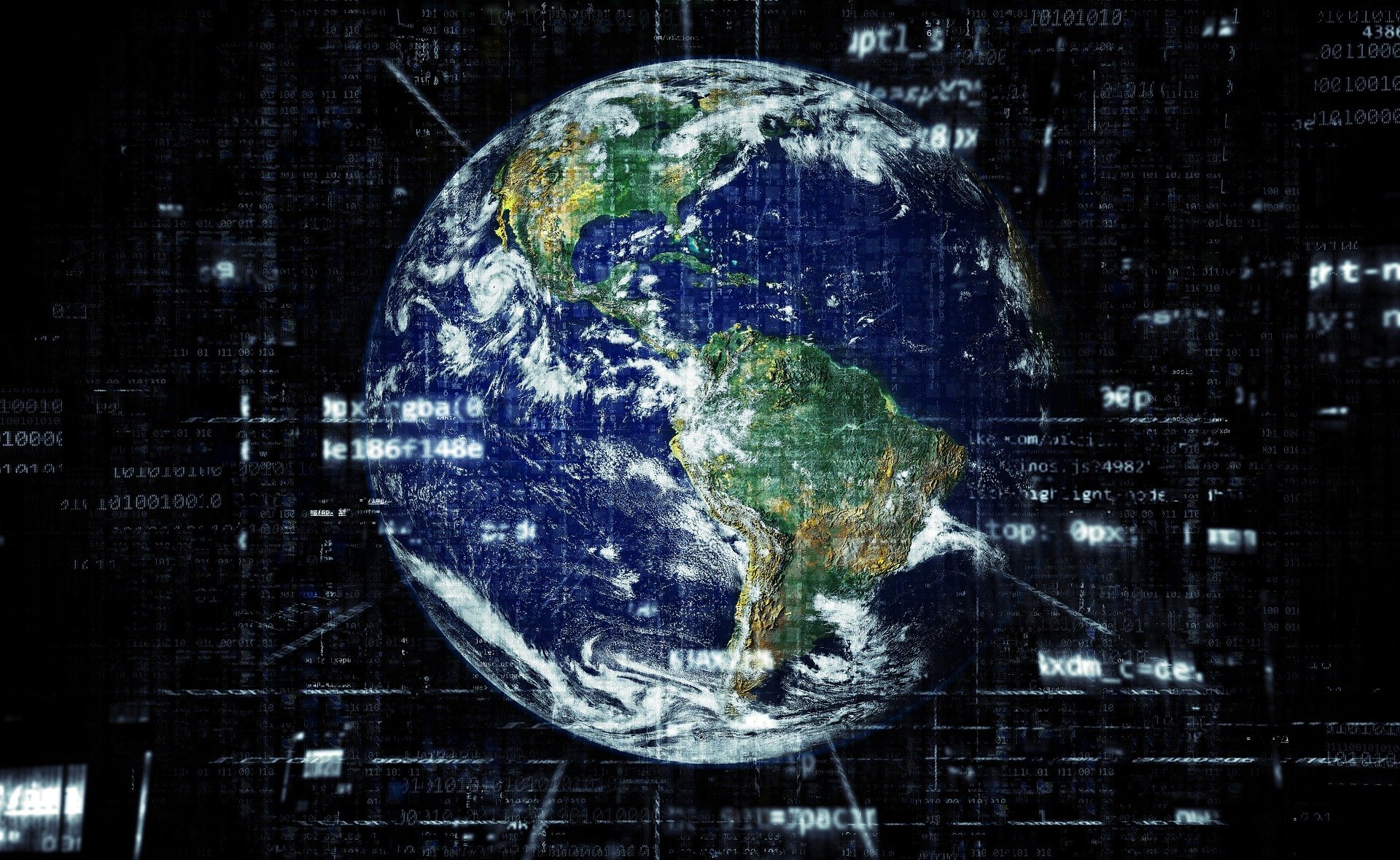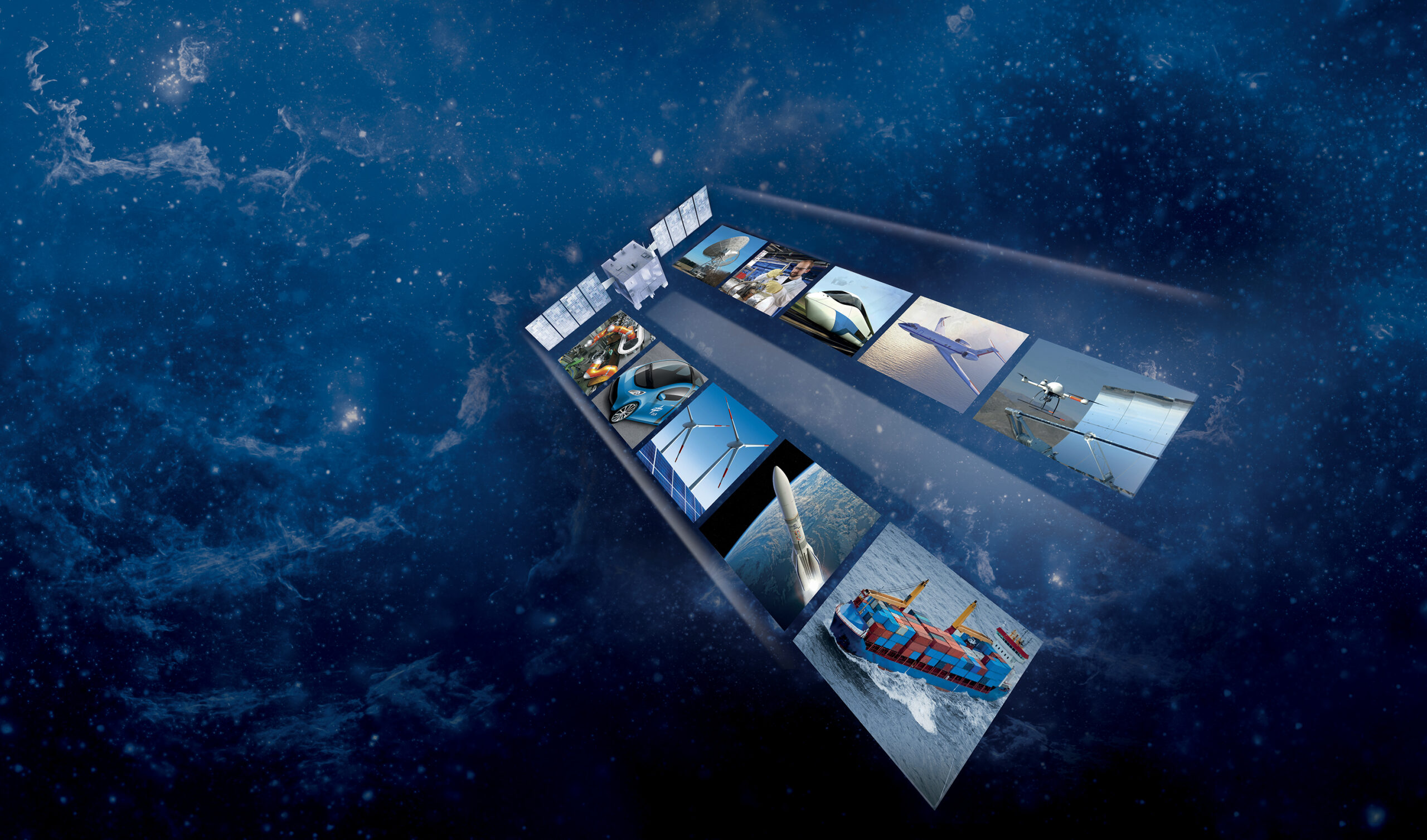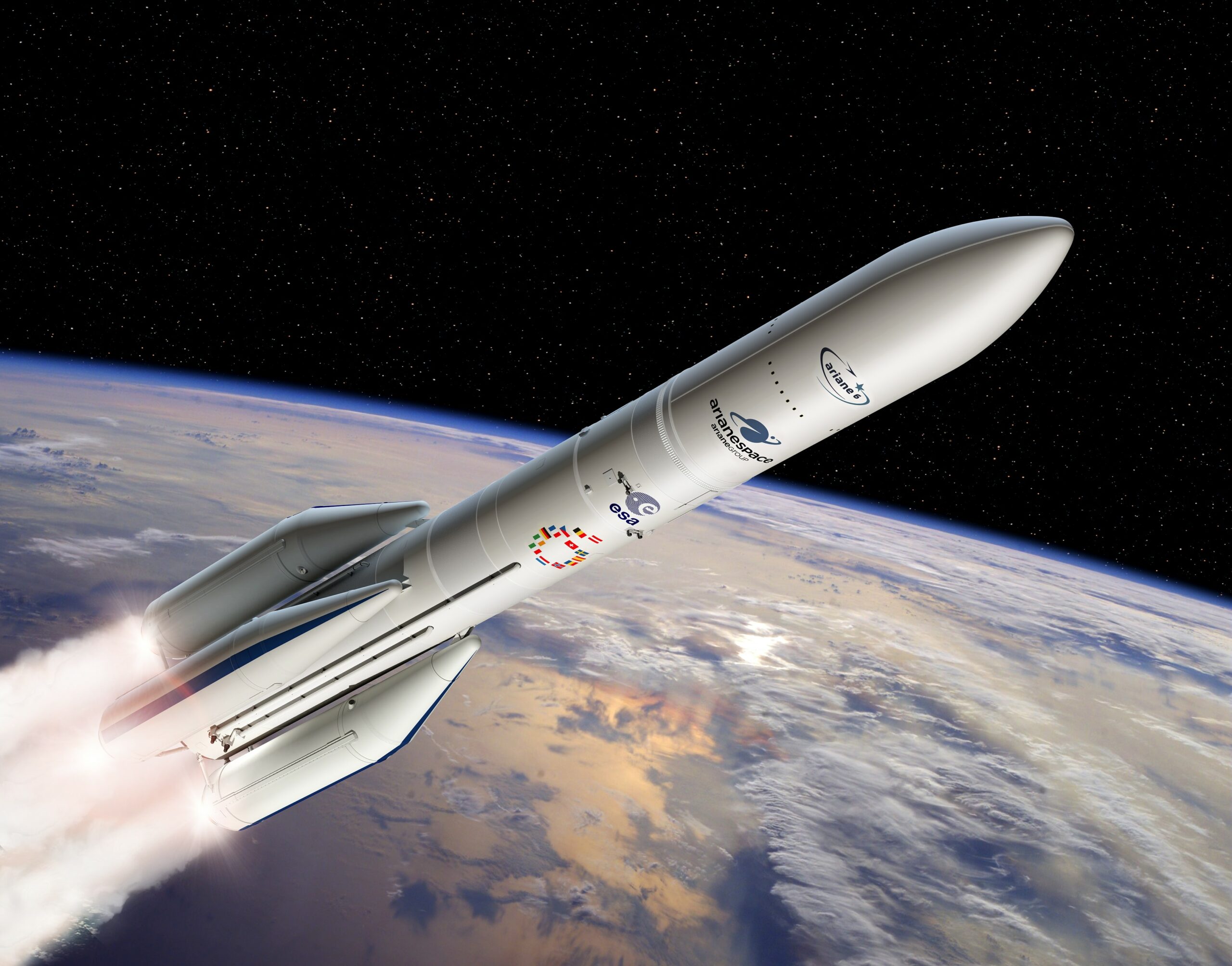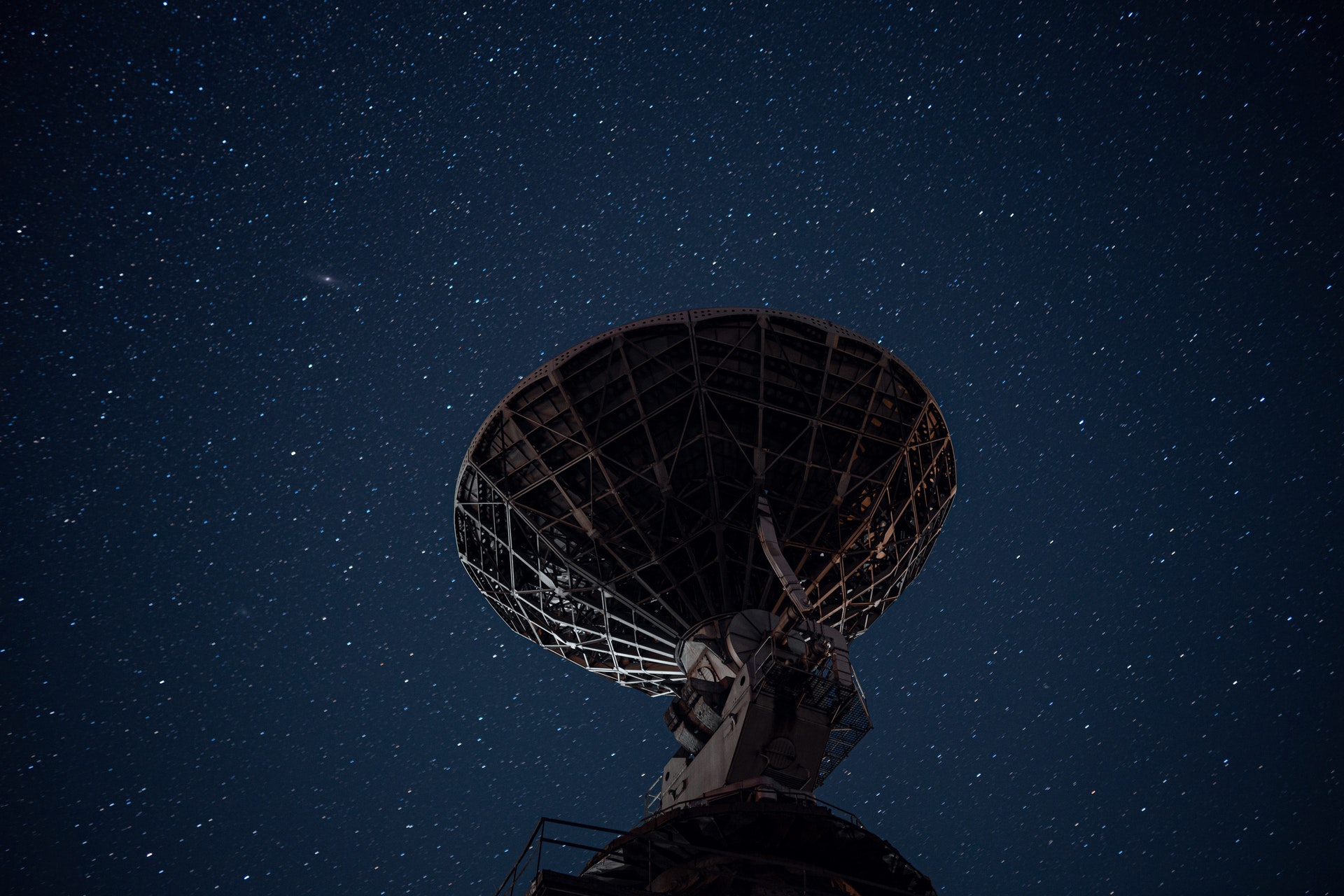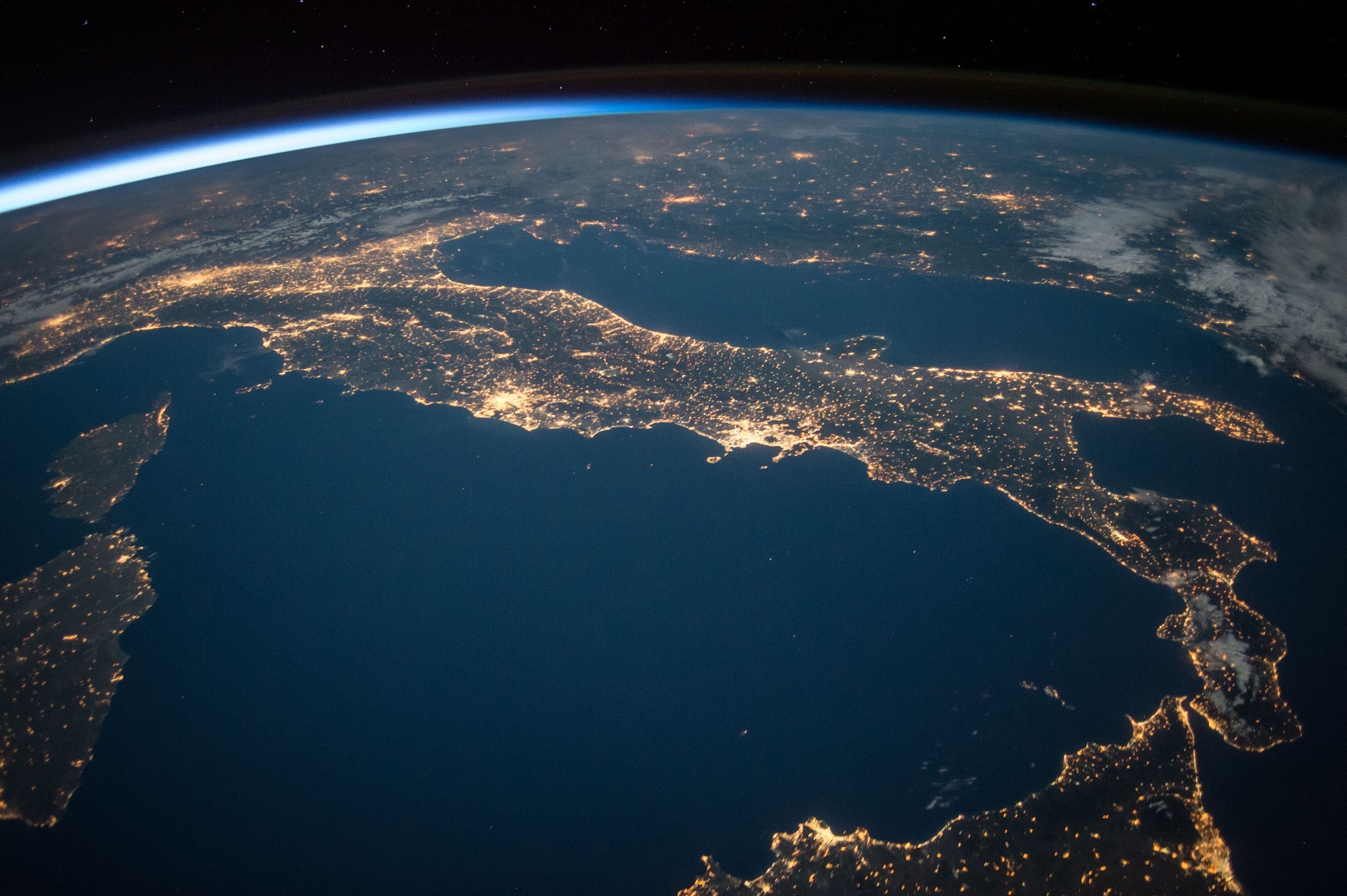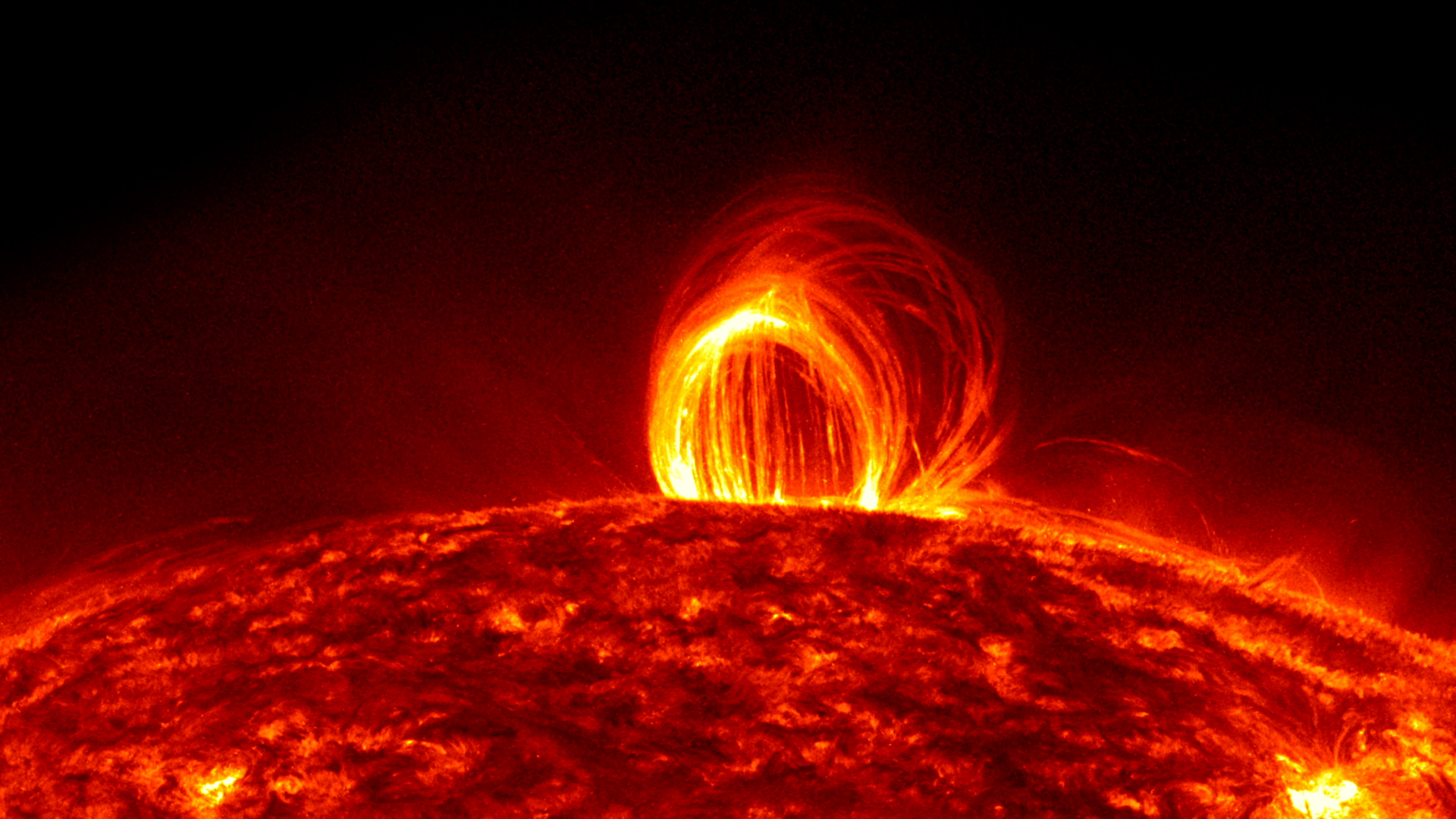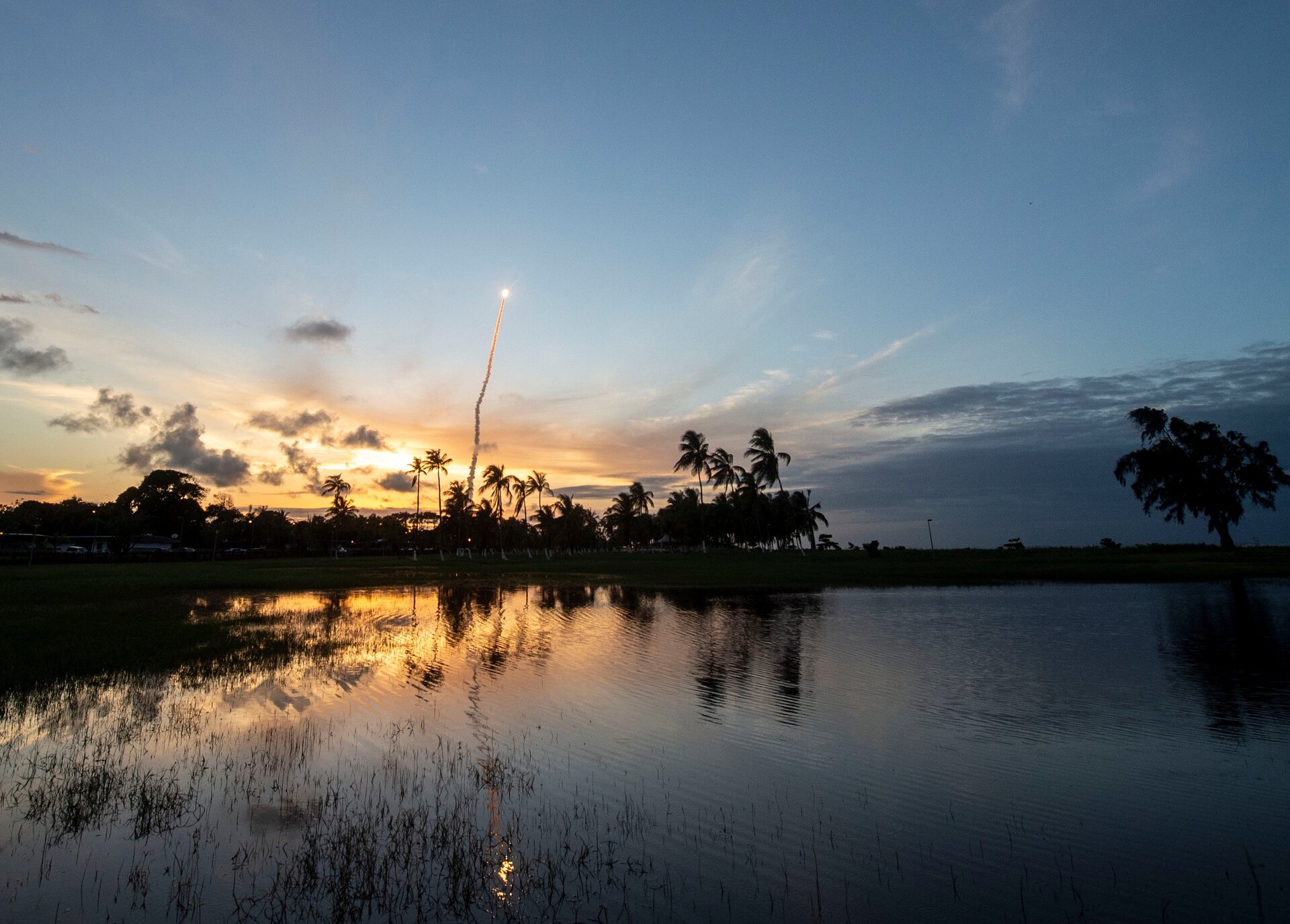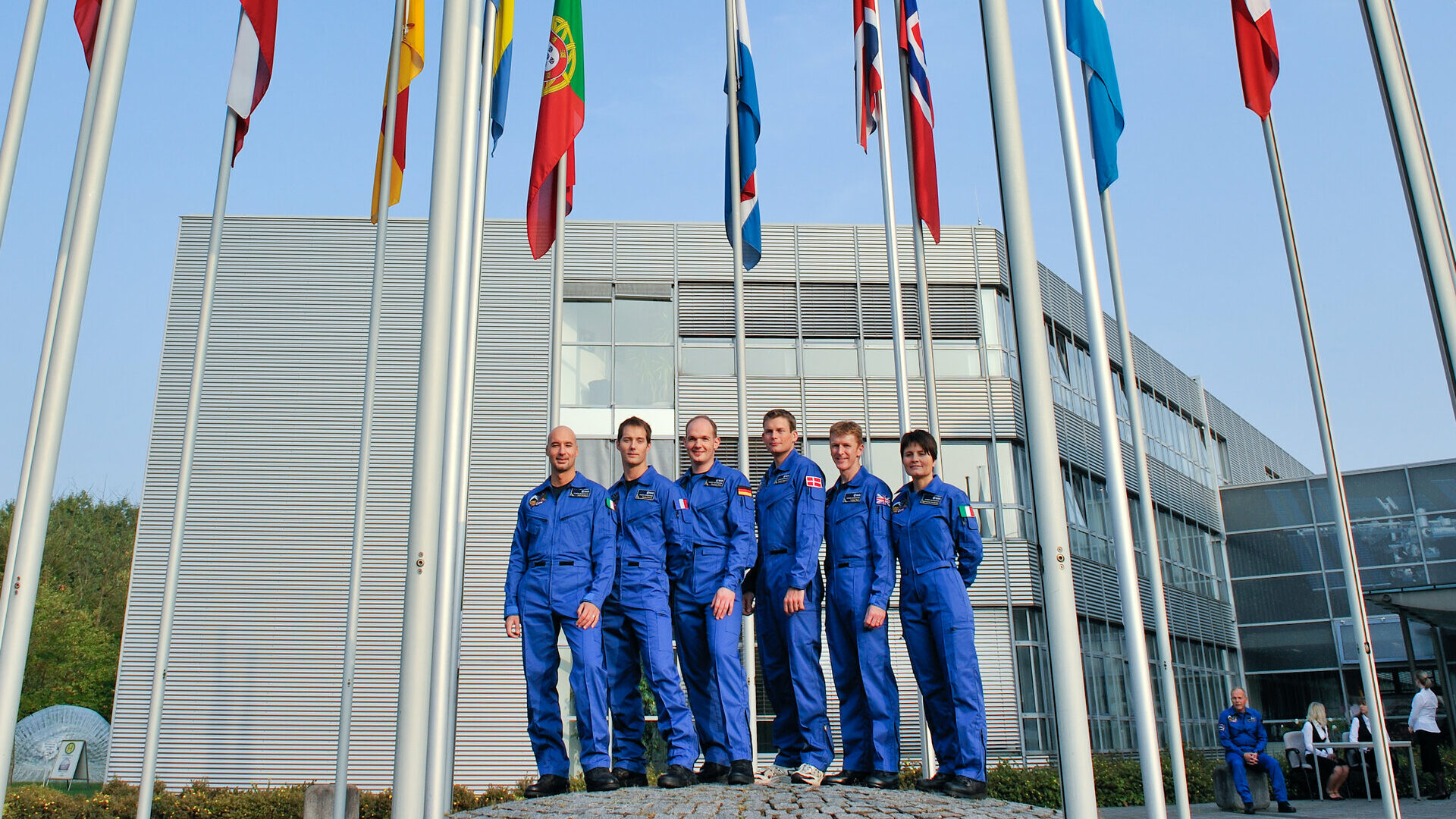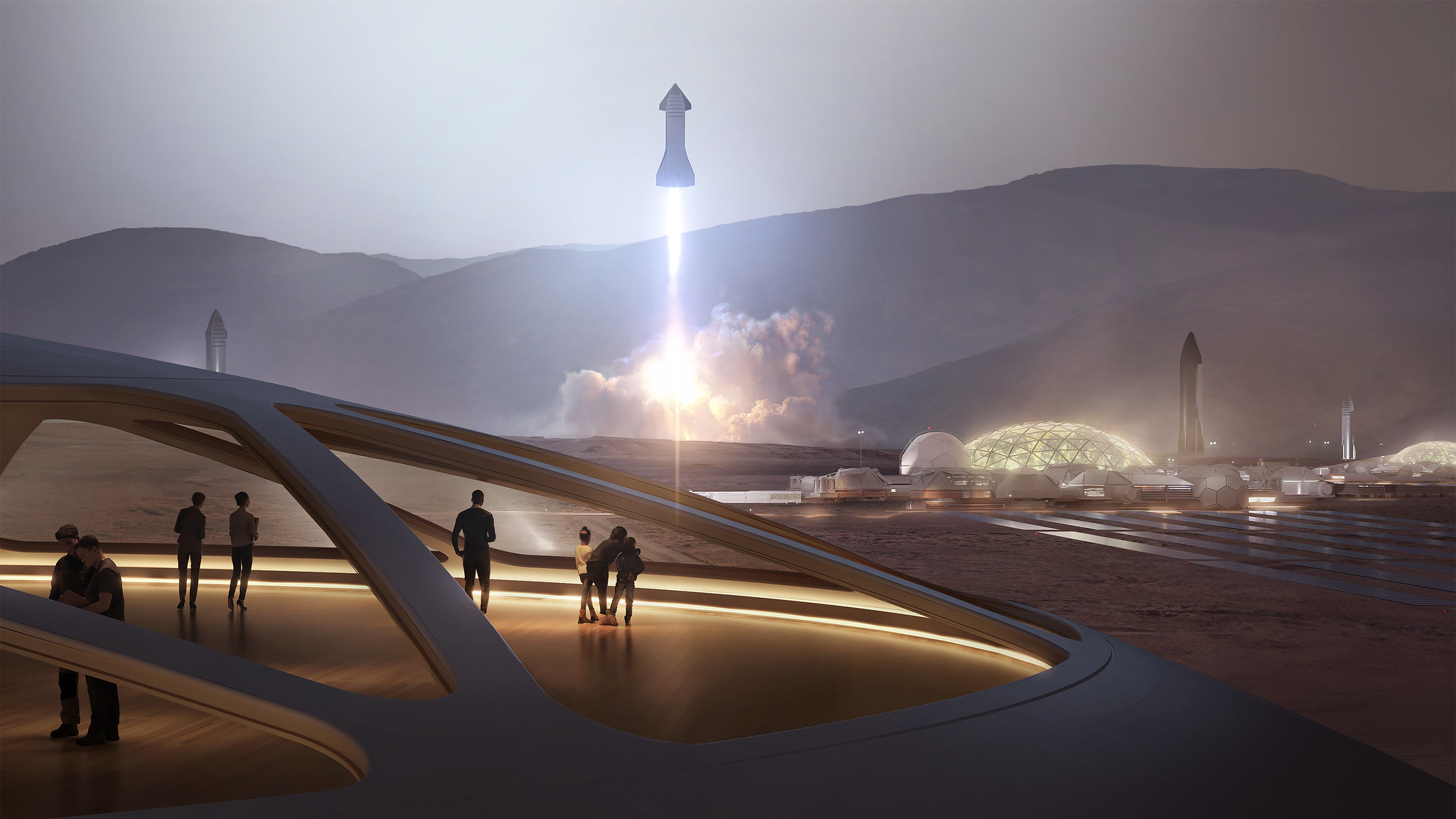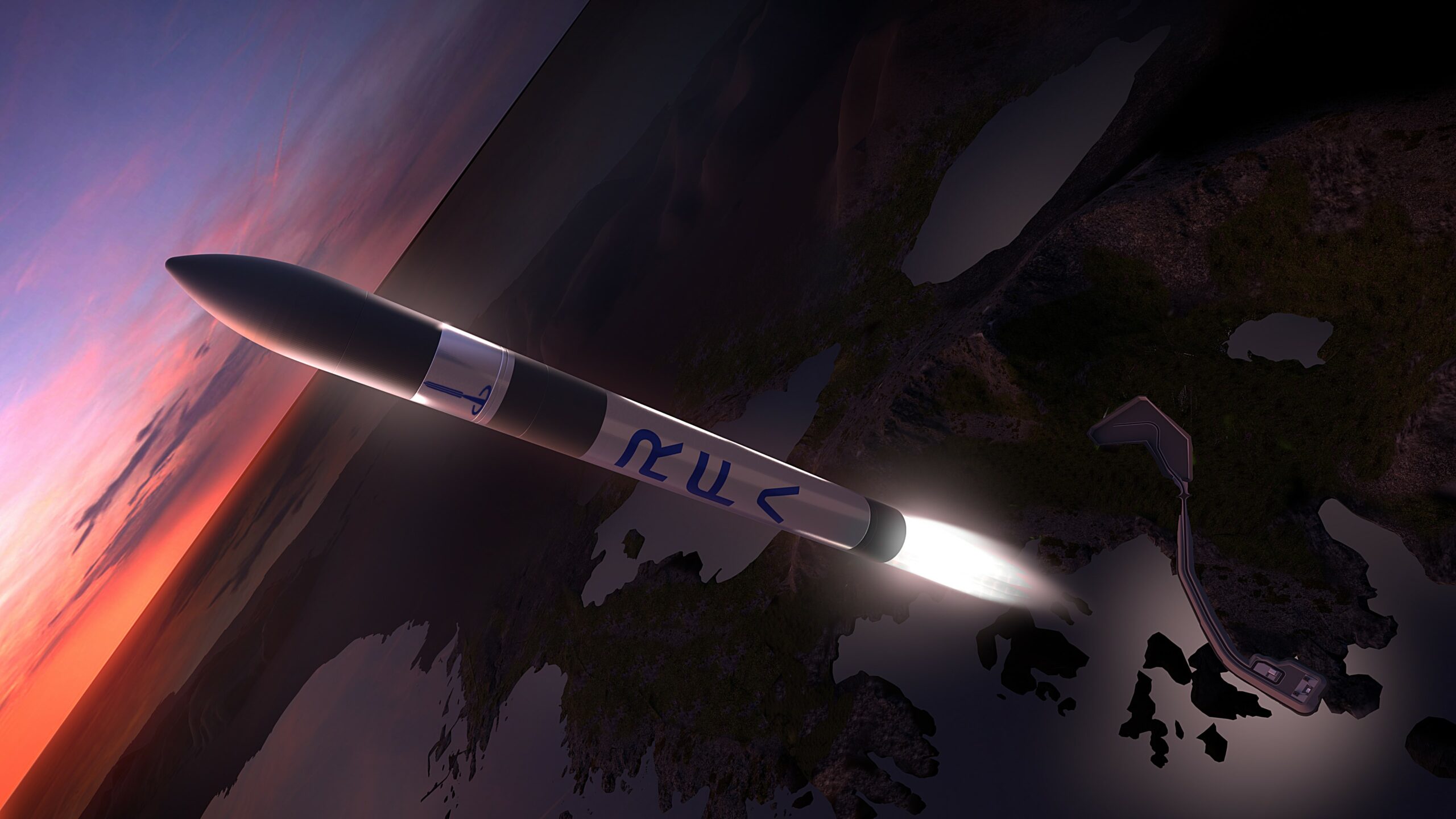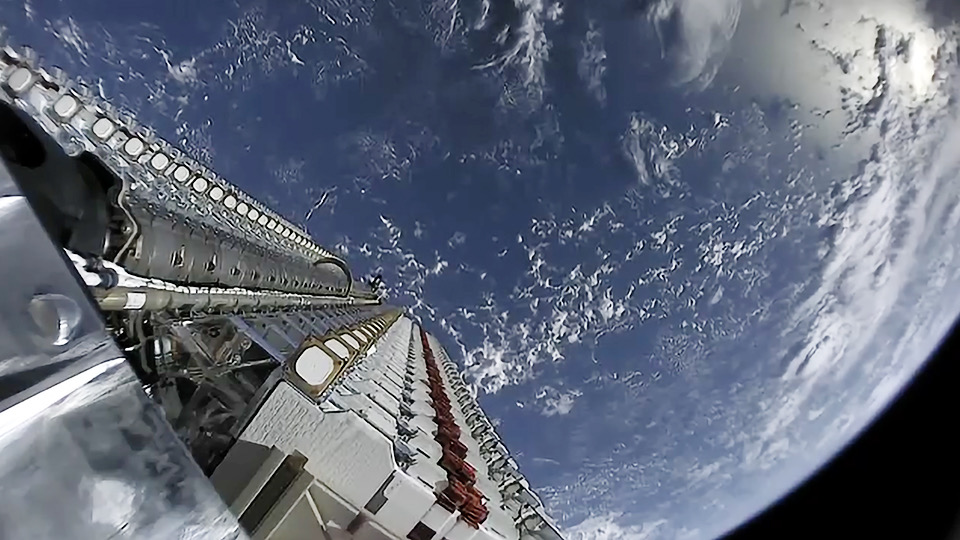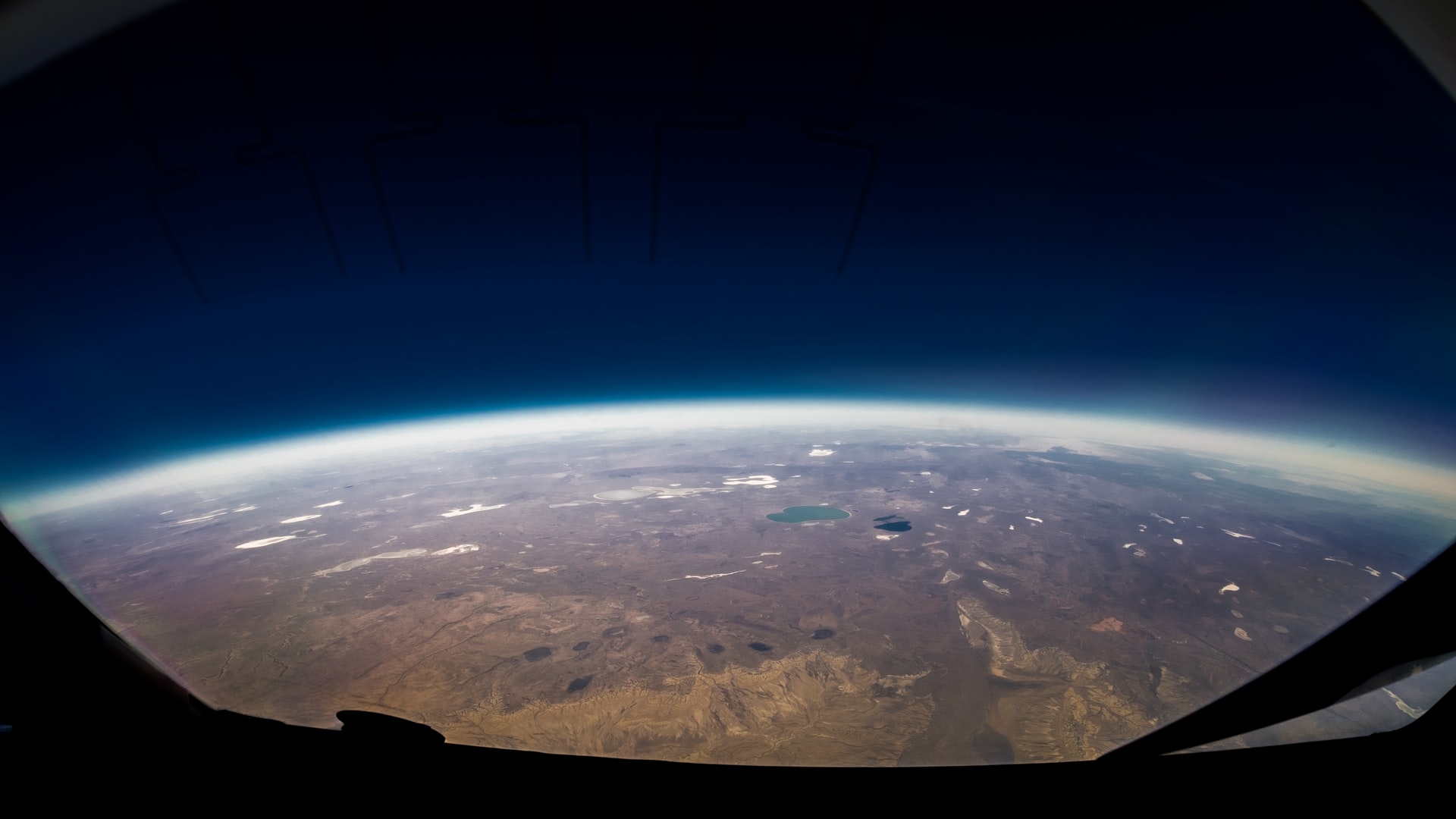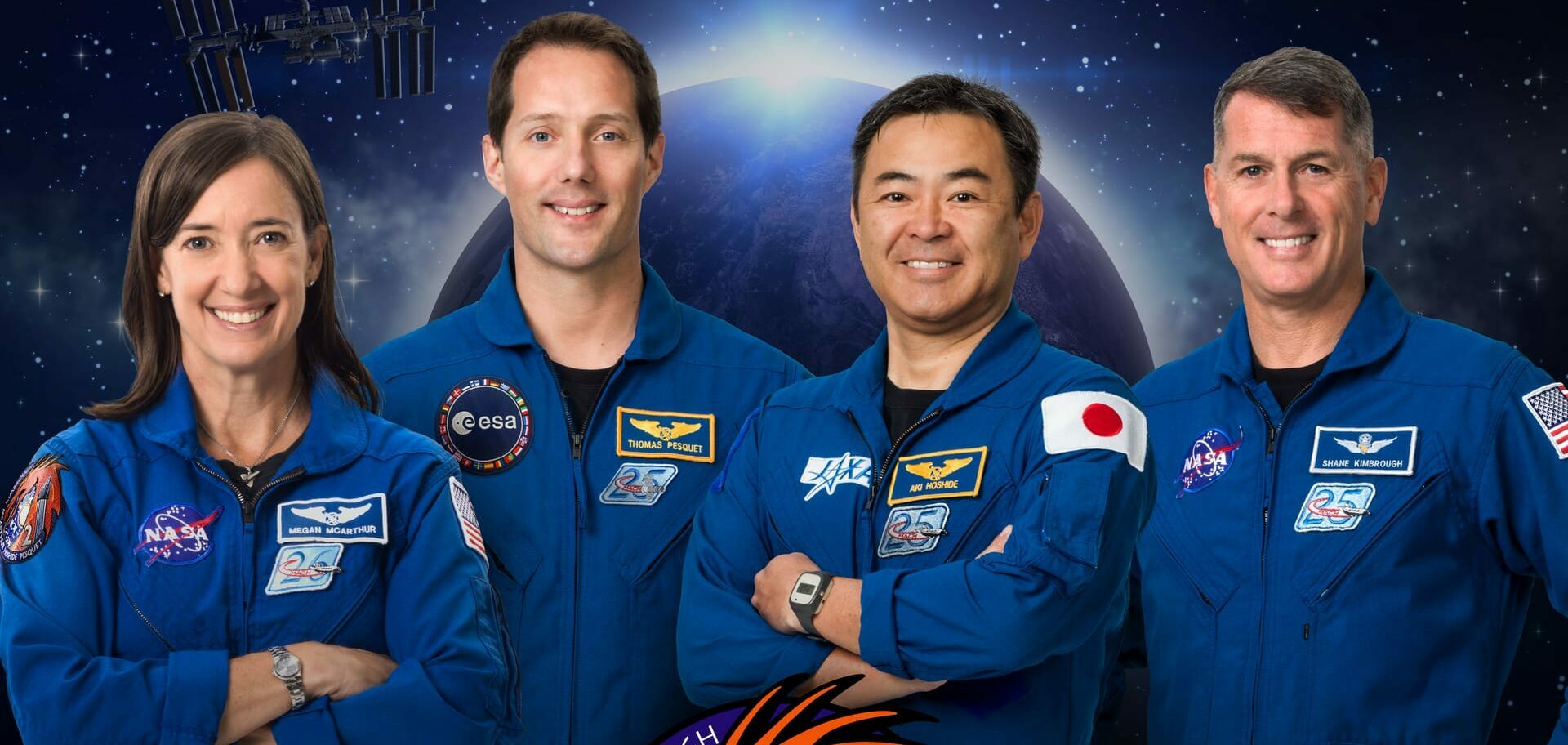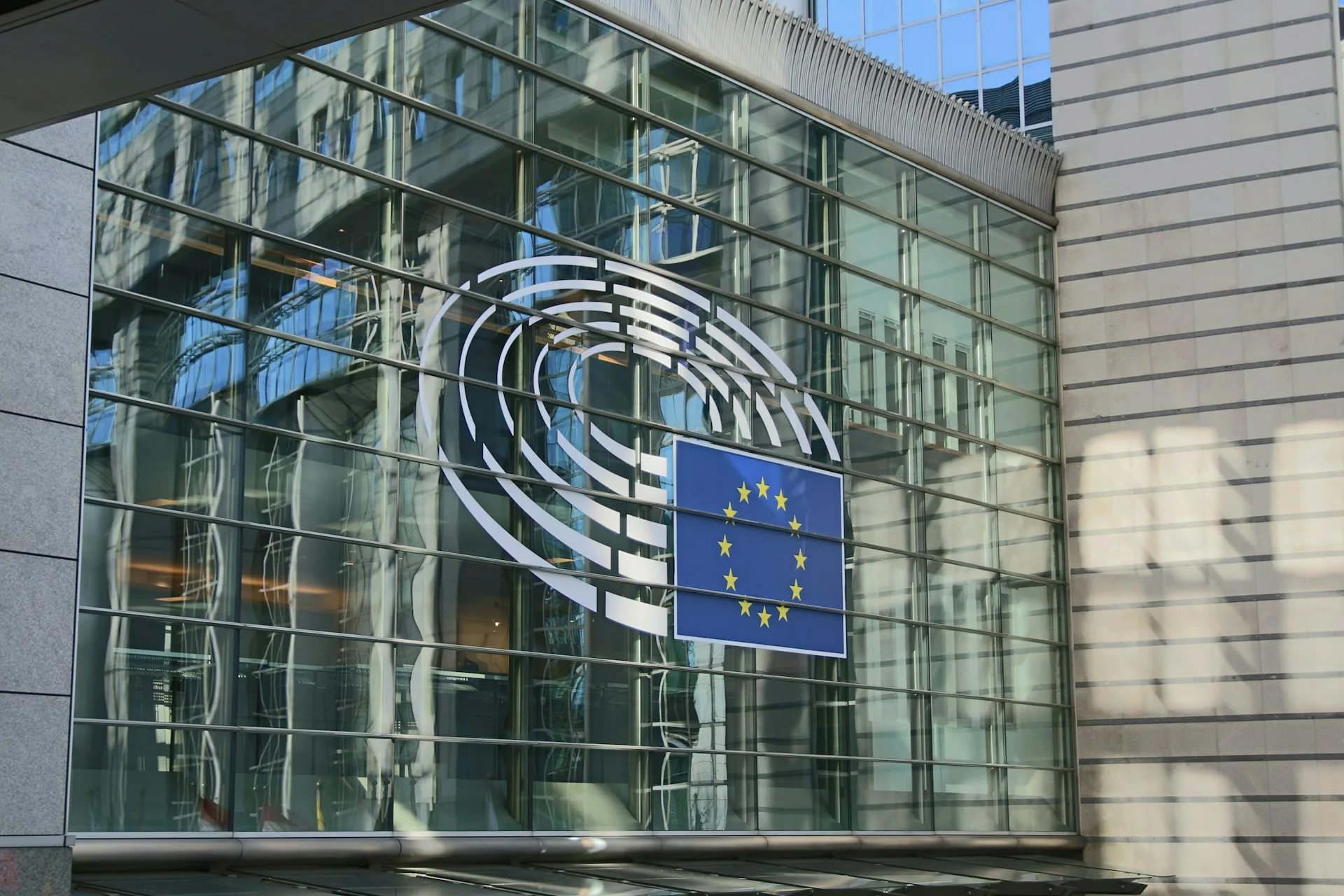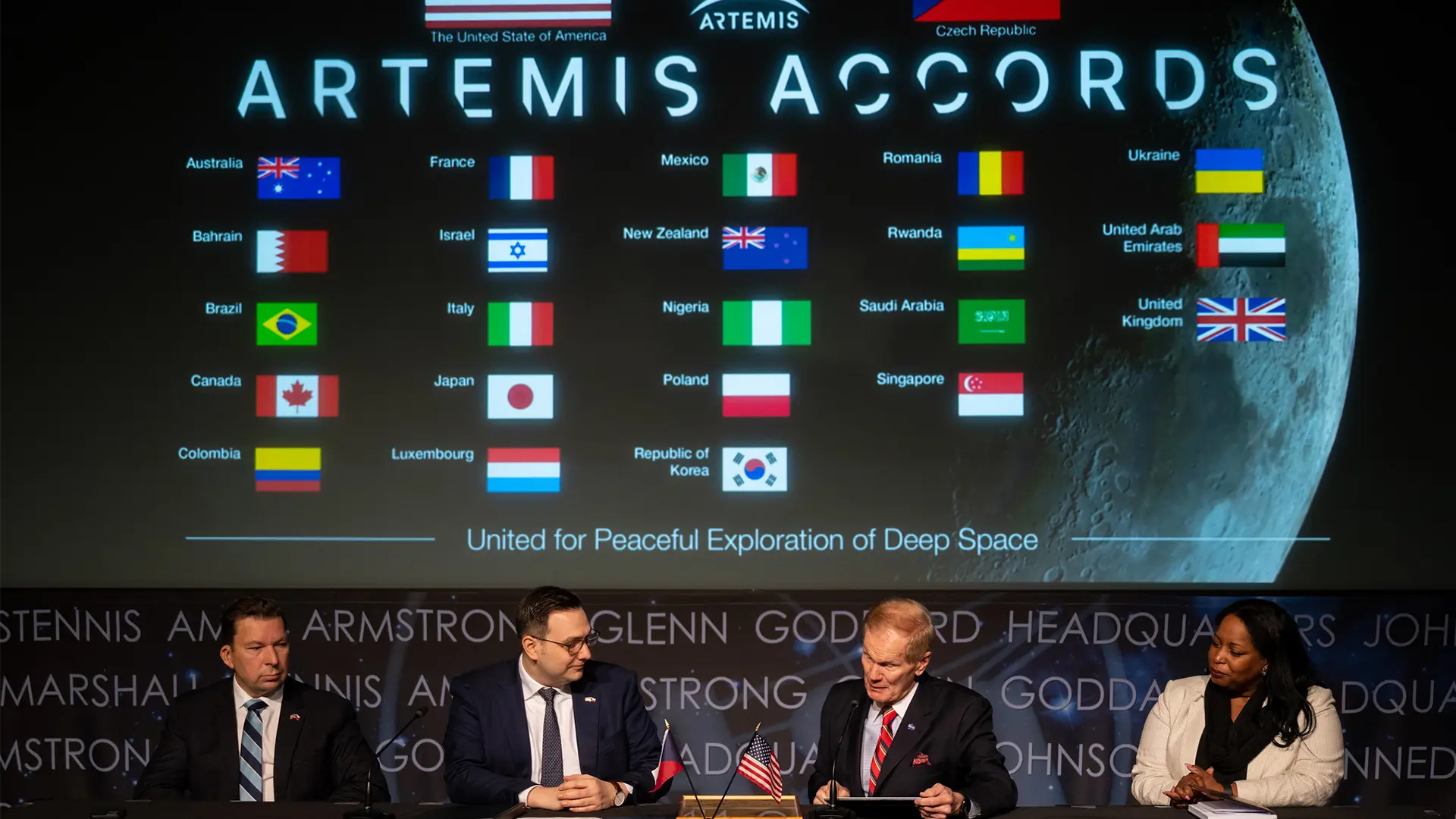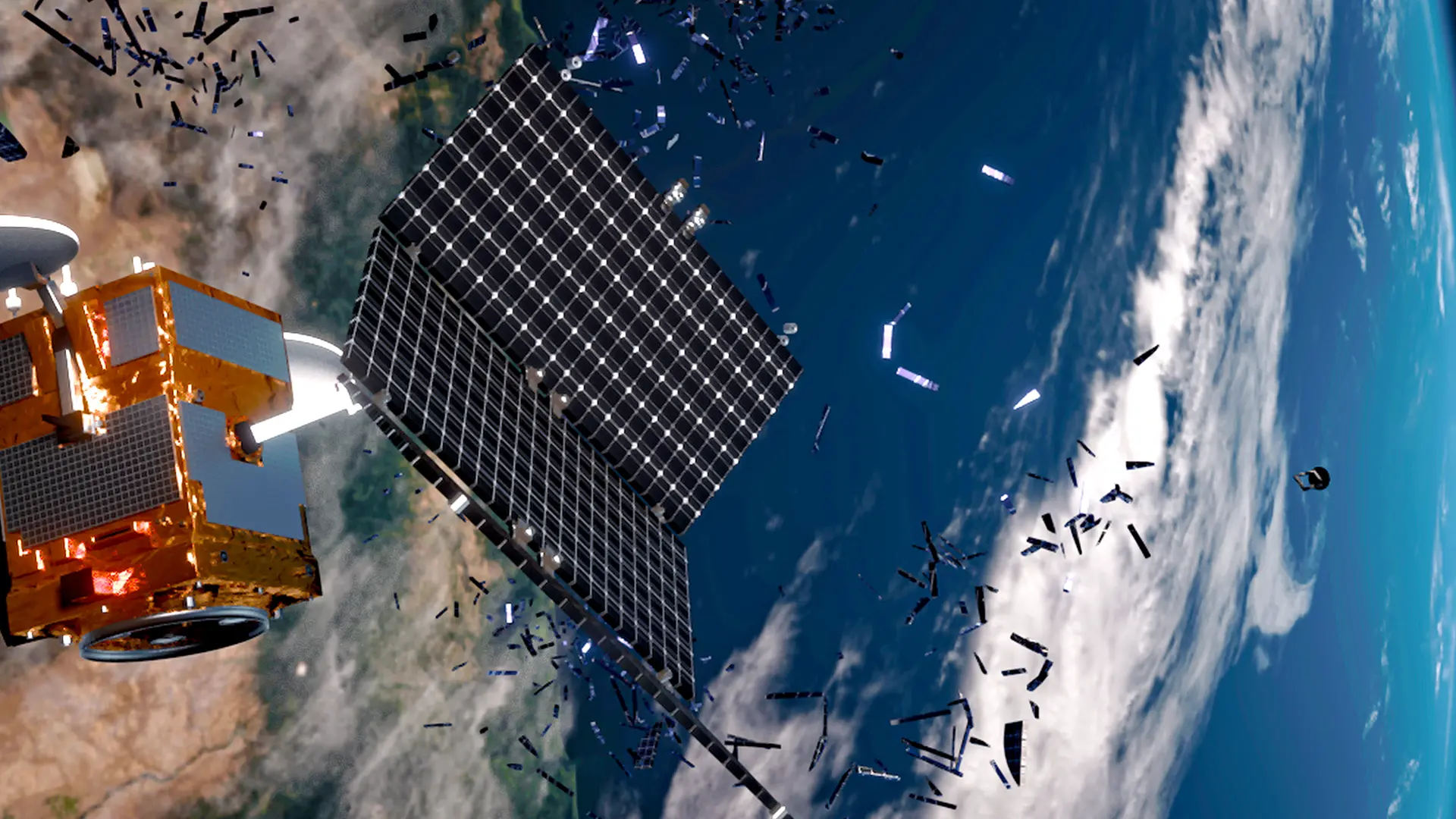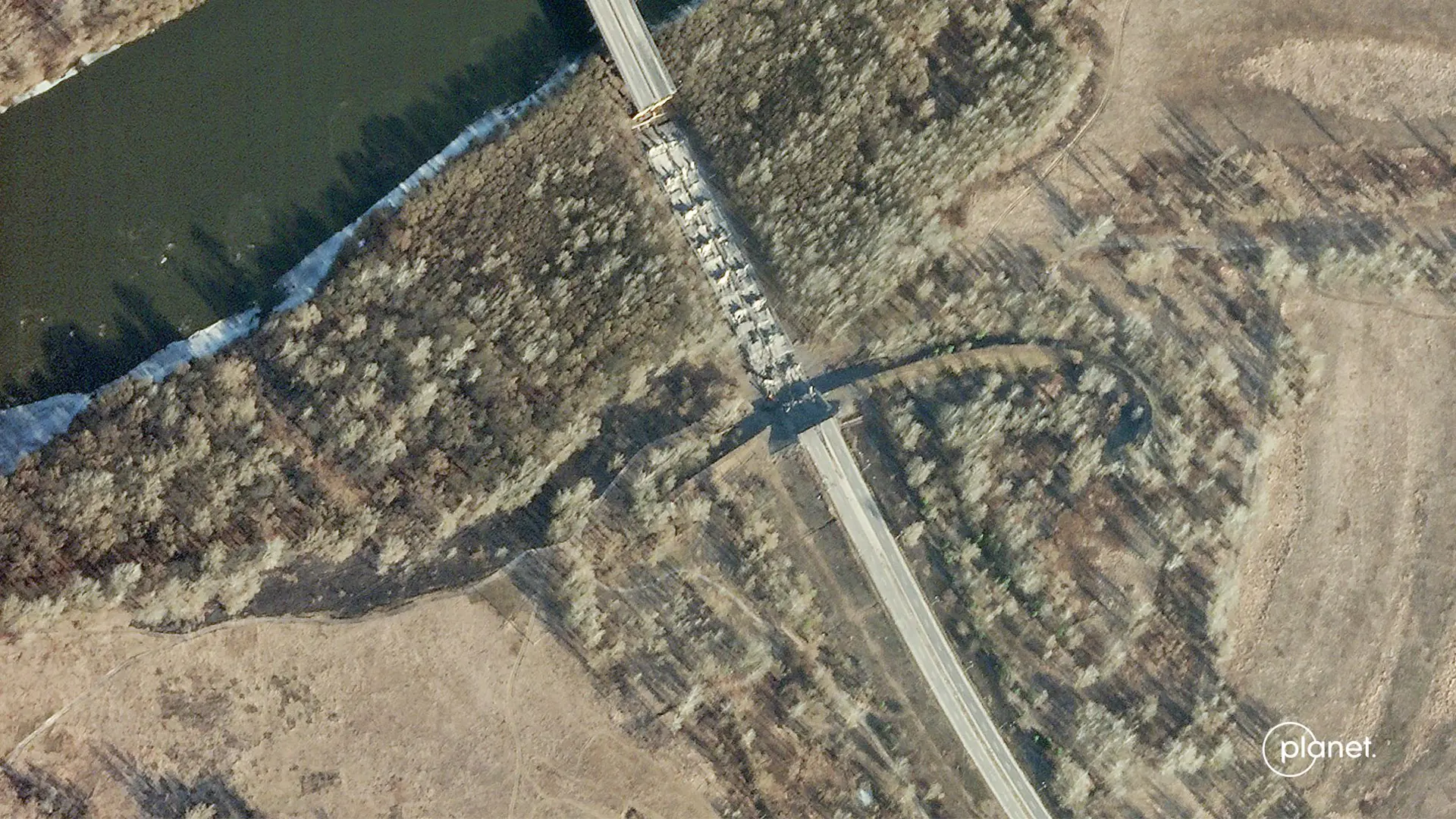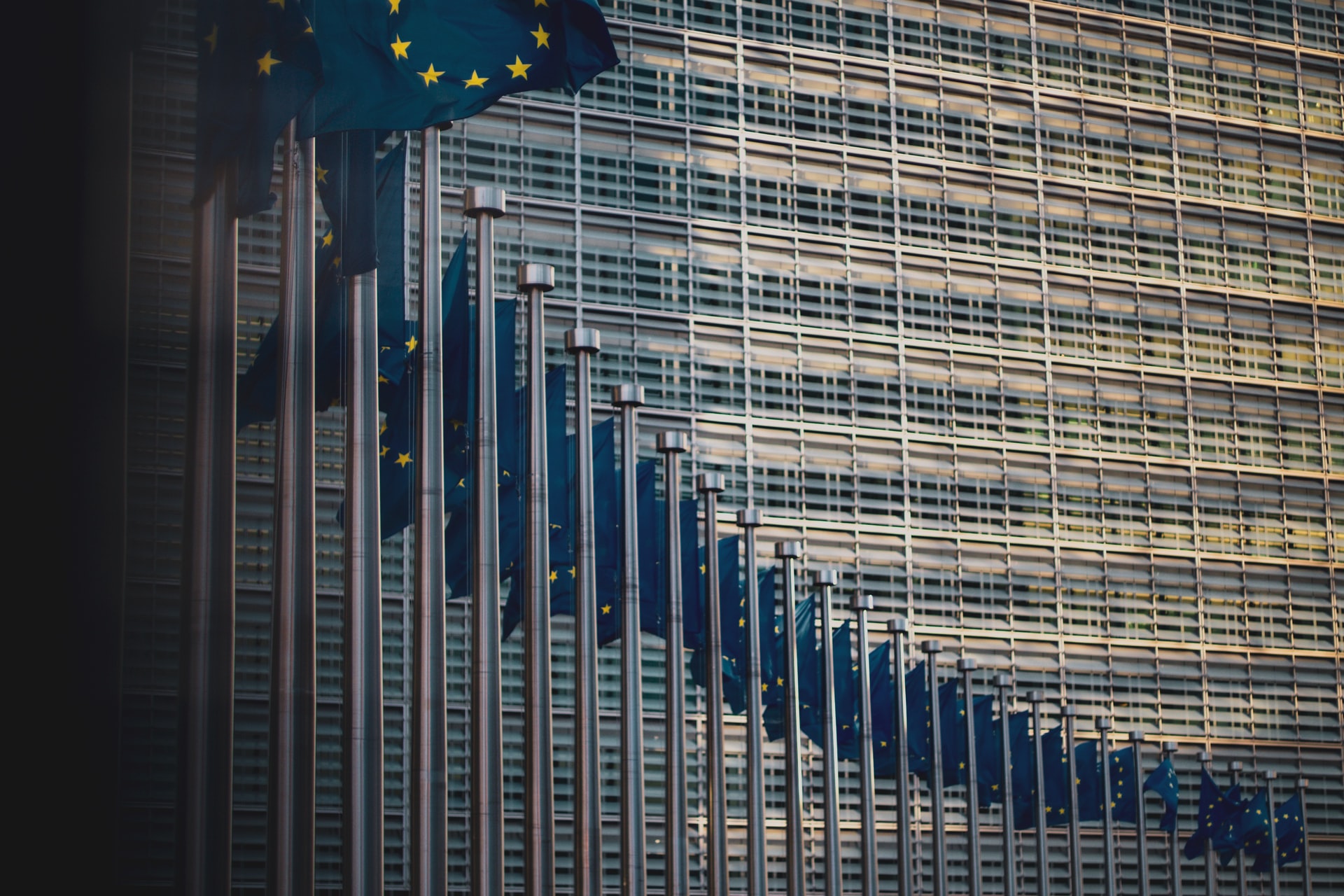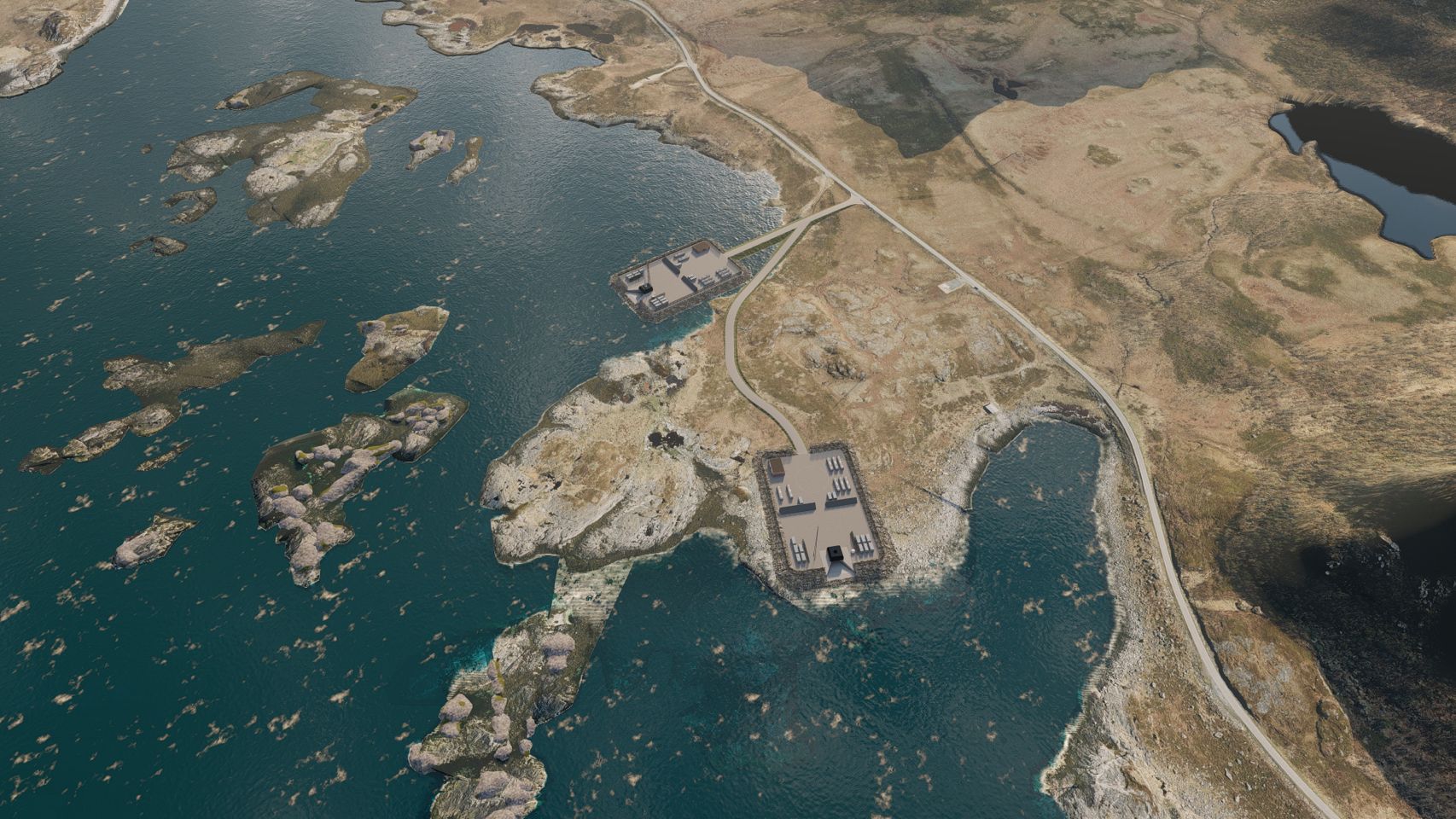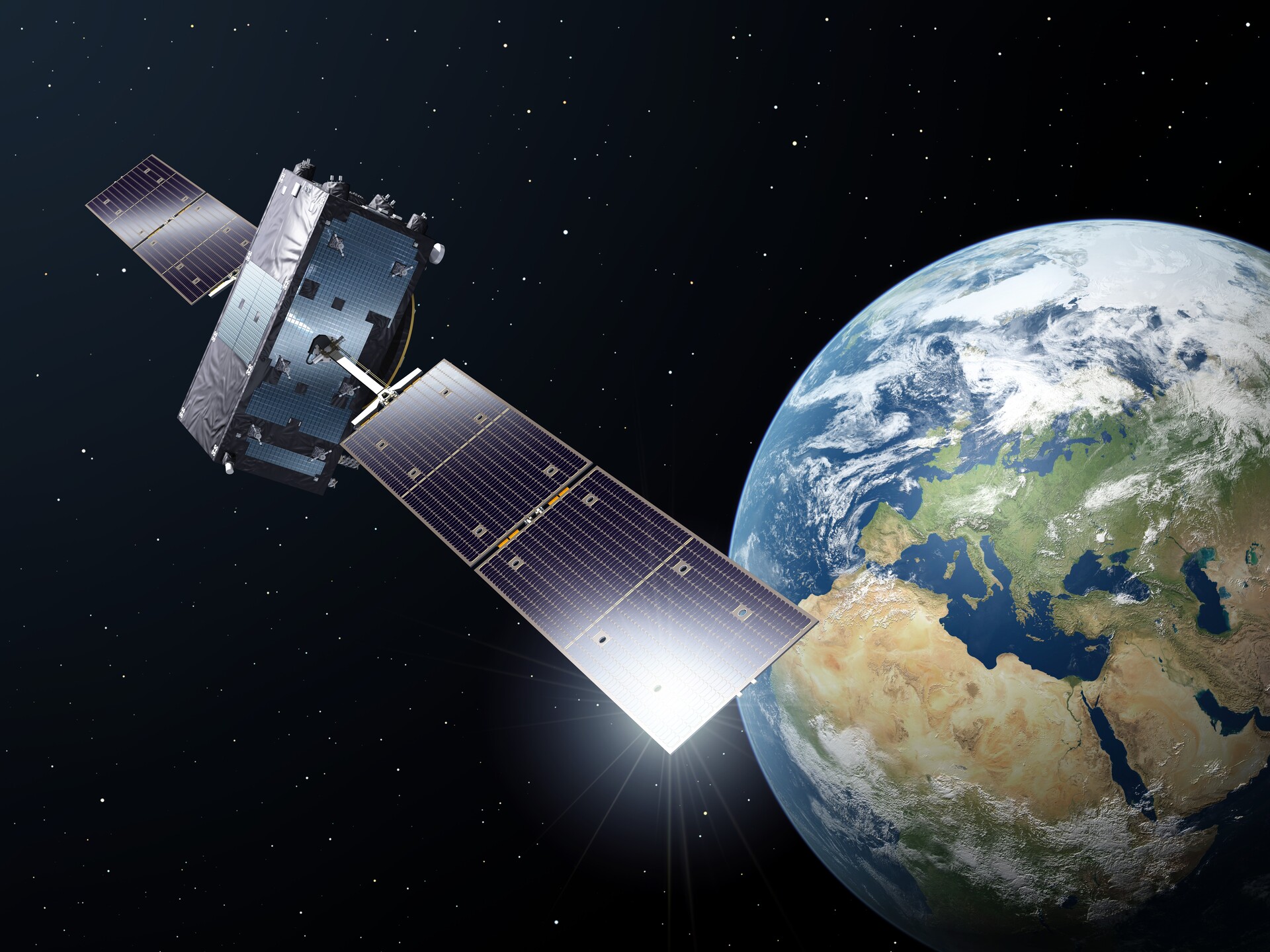
IRIS2 – EU to set up its own satellite constellation
Published on Mon, 21.11.2022 – 16:22 CET in Politics, covering EuropaThis is historic! With these words, EU Internal Market Commissioner Thierry Breton announced the European Commission's decision to set up its own satellite constellation for communications. It was named IRIS2 (Infrastructure for Resilience, Interconnection and Security by Satellites). It is to be fully operational in 2027 and cost a total of 6 billion euros, of which the EU intends to contribute 2.4 billion. Formal approval from the EU Parliament and the member states is still pending, but is considered a mere formality.
The European Commission wants ESA and the private sector to pay for the remaining 3.6 billion euros to build IRIS2. According to Breton, the constellation "will be a constellation at the cutting edge of technology, to give Europe a lead, for example in quantum encryption. It will therefore be a vector of innovation." In addition, IRIS2 will be a "be a 'new space' constellation the European way, integrating the know-how of the major European space industries - but also the dynamism of our start-ups, who will build 30% of the infrastructure."
Detailed story on YouTube - watch now
Little competition, lots of subsidy
The bottom line is that orders worth 1.08 billion euros will go to start-ups. However, this is offset by 2.52 billion for established industry players. This is not only upsetting some NewSpace companies, but also the German government. In contrast to the French government, the Germans want to see more competition involving NewSpace startups.
The decision to award the majority of the construction of IRIS2 to large space companies therefore has a bitter aftertaste. It could be a disguised subsidy for French prestige projects in particular. And this applies not only to rockets, but also to satellites. What Breton also does not explain is how he defines start-up.
IRIS2 will be a test for ESA and NewSpace
How IRIS2 will proceed will therefore probably only become clear in the concrete tenders. It is to be hoped that young, innovative companies will not be excluded. After all, they are the ones who are driving the commercialization of space flight. However, this also requires rethinking on the part of ESA. But the current Director General, Josef Aschbacher, is known for reshaping the European Space Agency in this direction. In the run-up to the ESA Council of Ministers conference in Paris, he called for 18 billion euros to enable the ESA to operate competitively and independently. In the end, an agreement was reached on a budget of 17 billion euros - more than ever before.
Since all ESA member states must pay for this budget, national or institutional isolated activities are of course counterproductive. Moreover, differences of opinion between France and Germany have repeatedly slowed down or even blocked projects in the past. But to great surprise, French Economy Minister Bruno Le Maire relented at the start of the ministerial meeting. "France and Germany must stand together. Of course we have different views, but these differences must drive us to find common European positions," he said.
The situation could also calm down because Germany, Italy and even France have now signed an agreement. The key point is that the agreement also states that microlaunchers are to be fostered. And maybe that's the real historic announcement.
